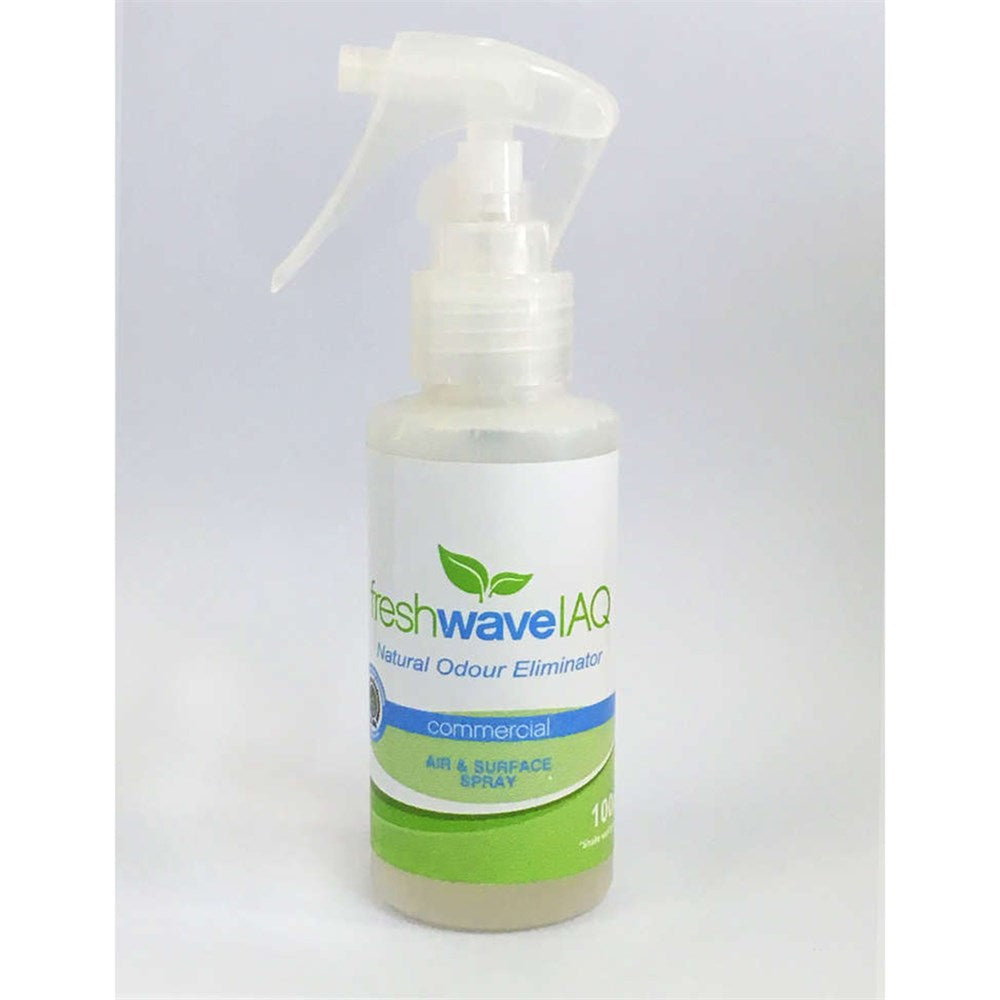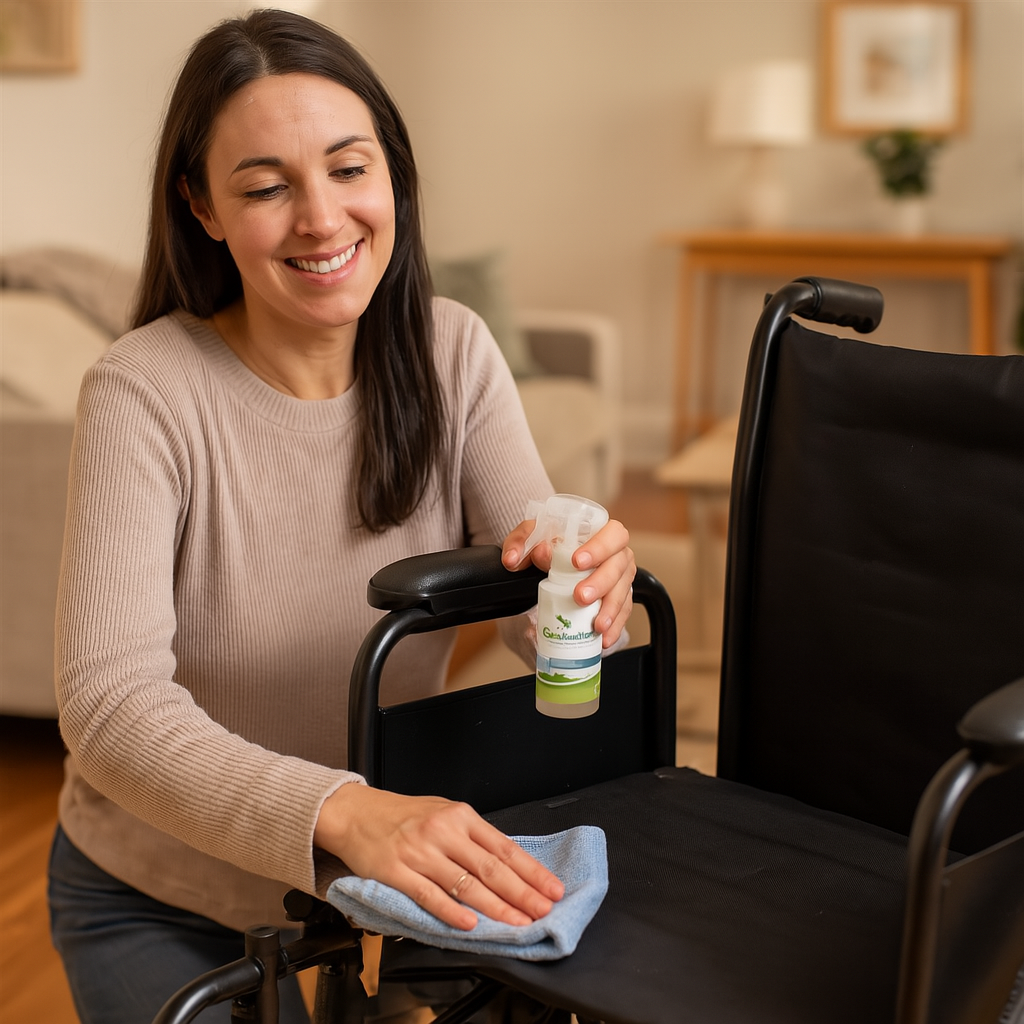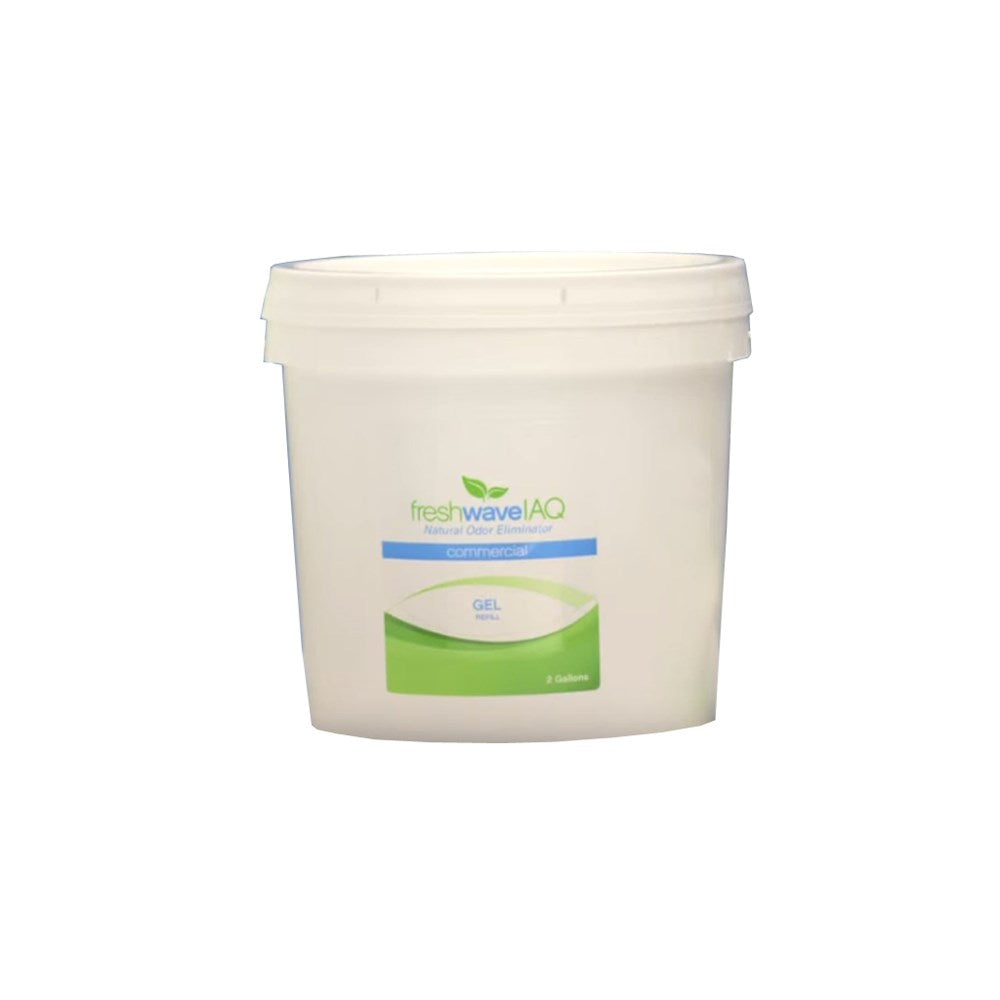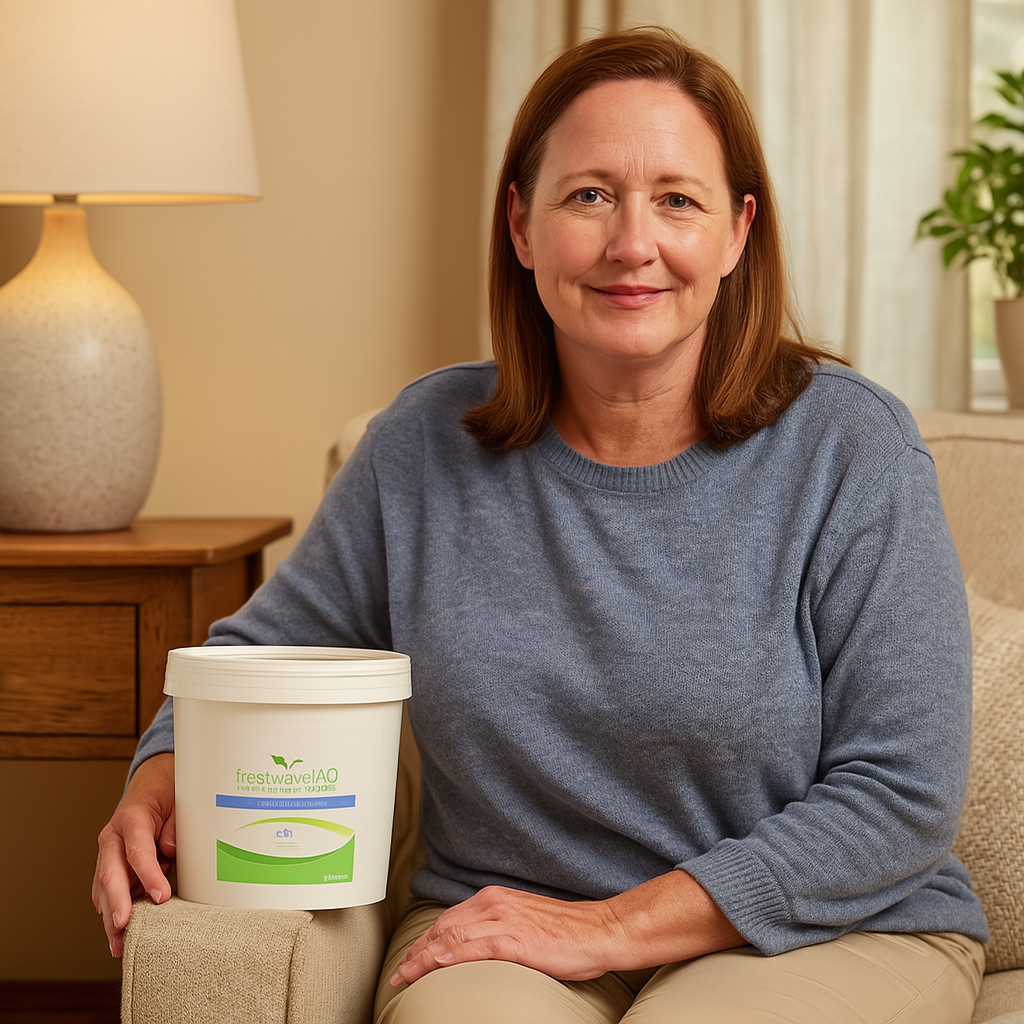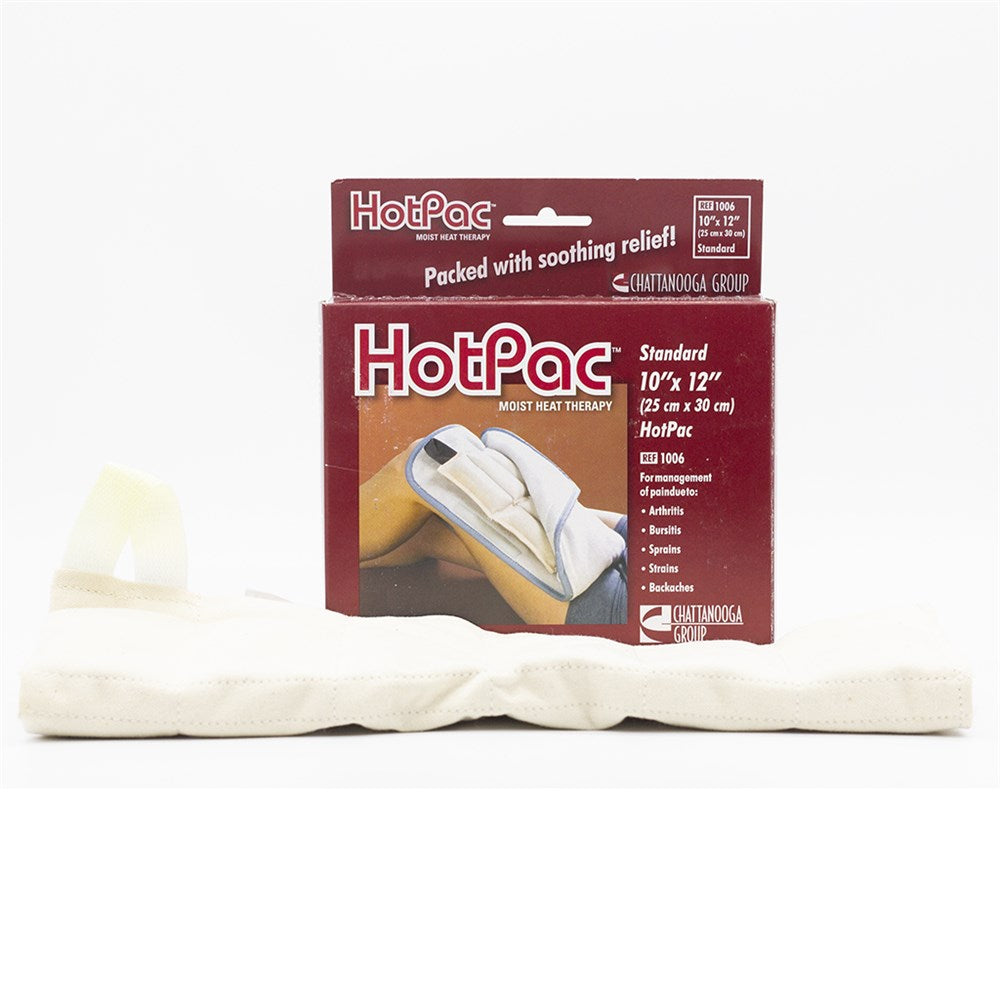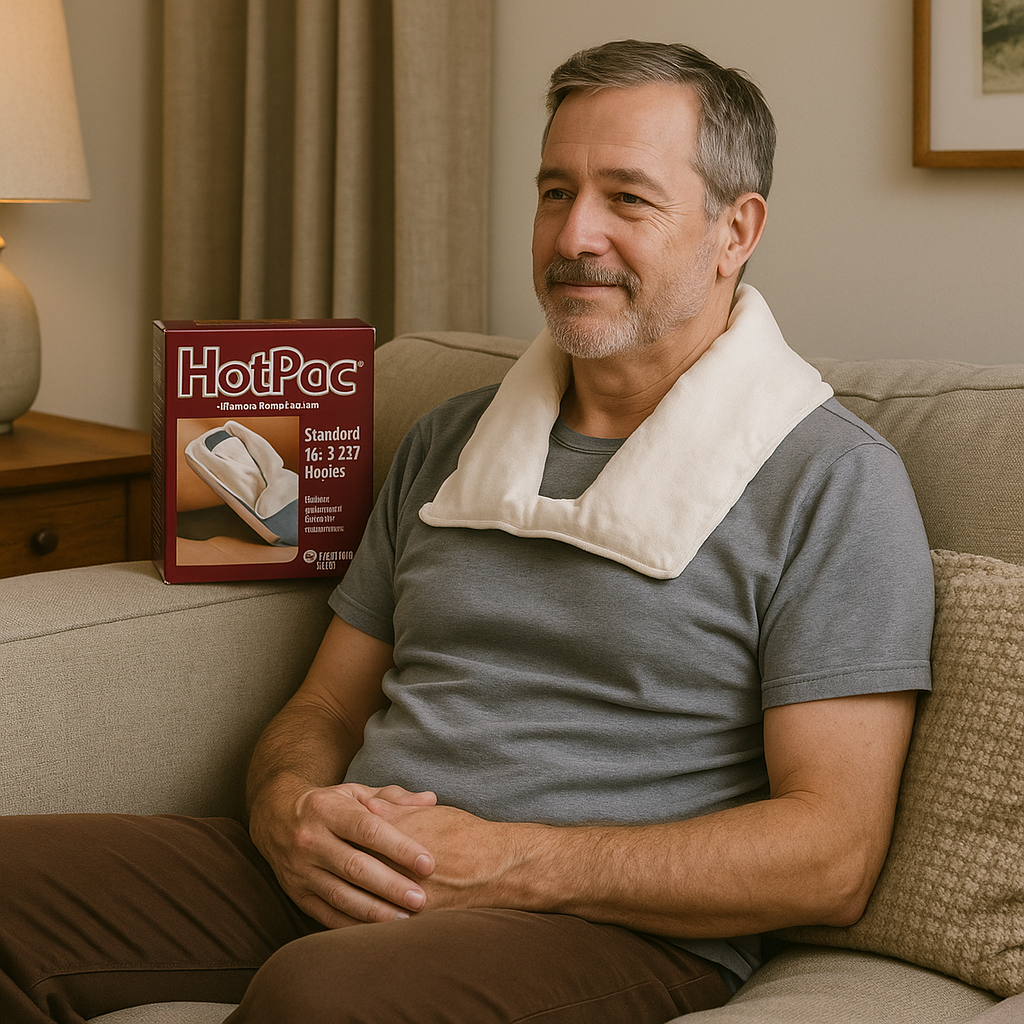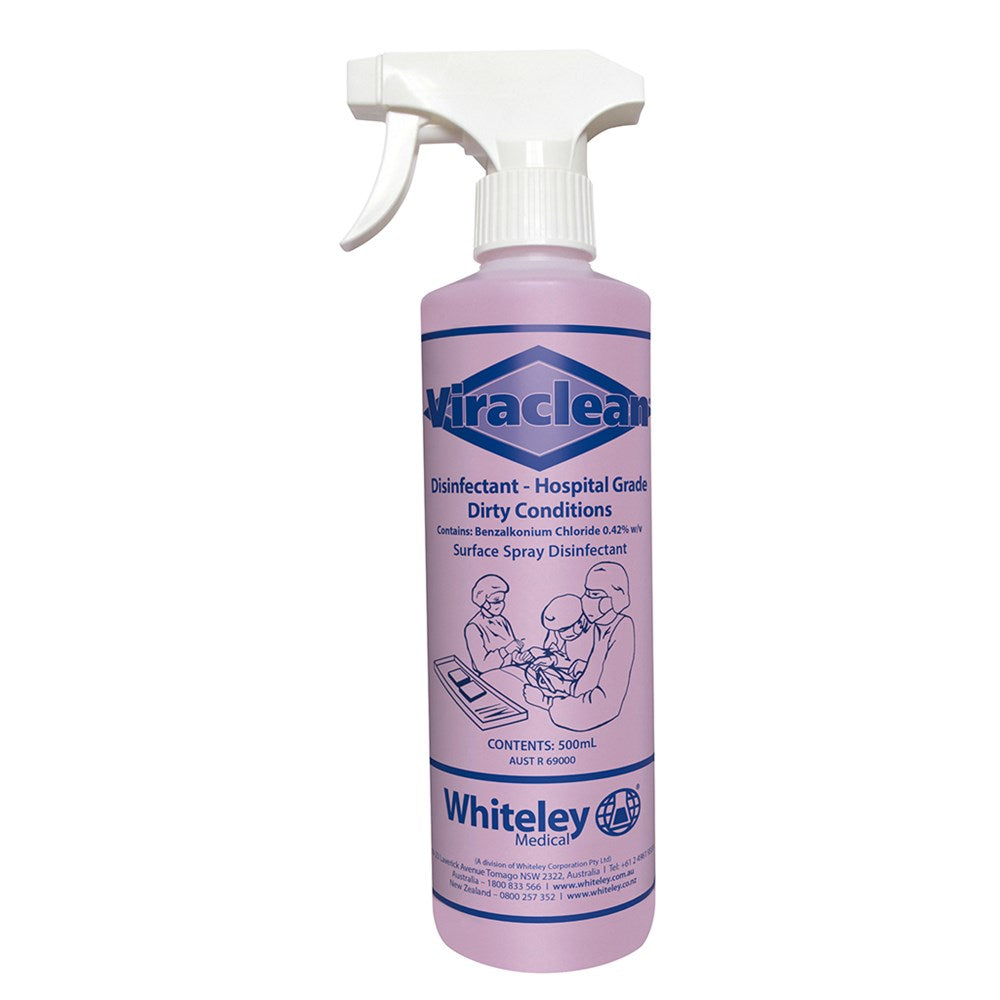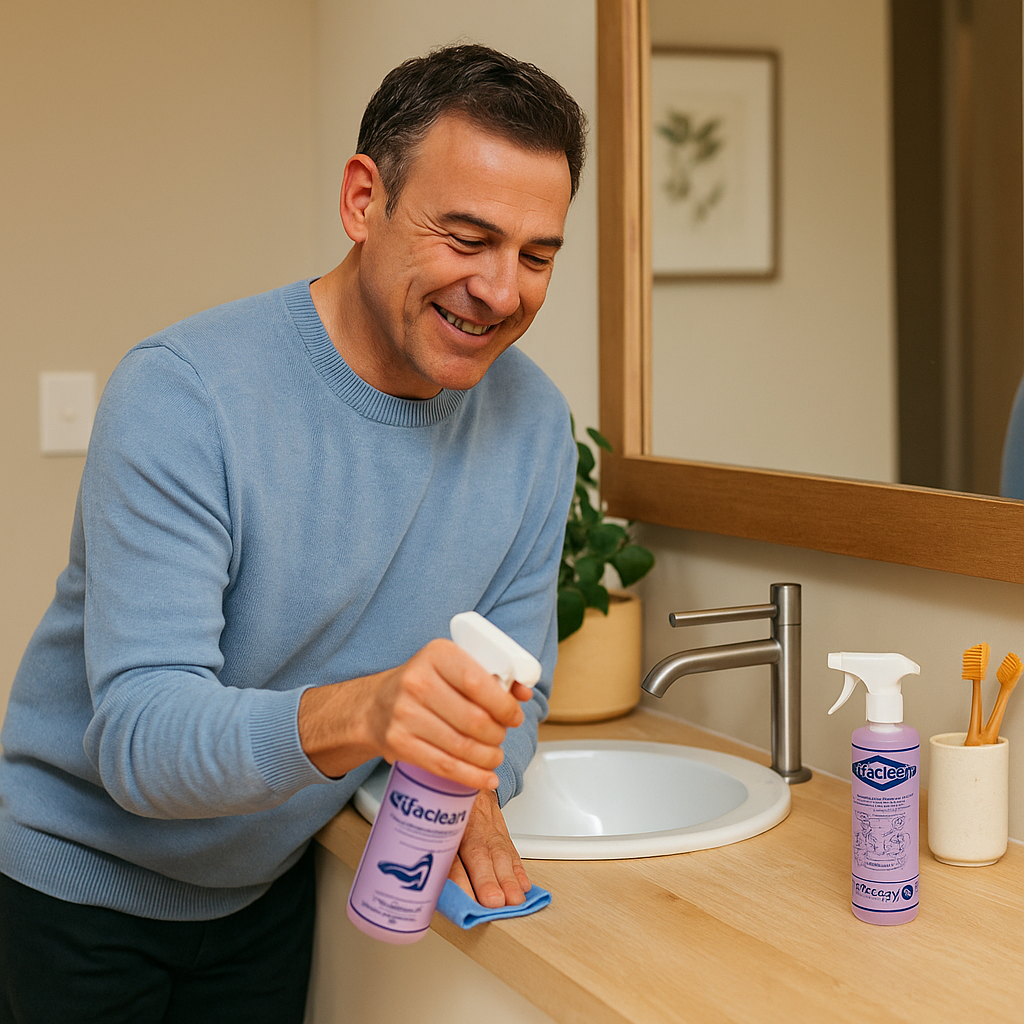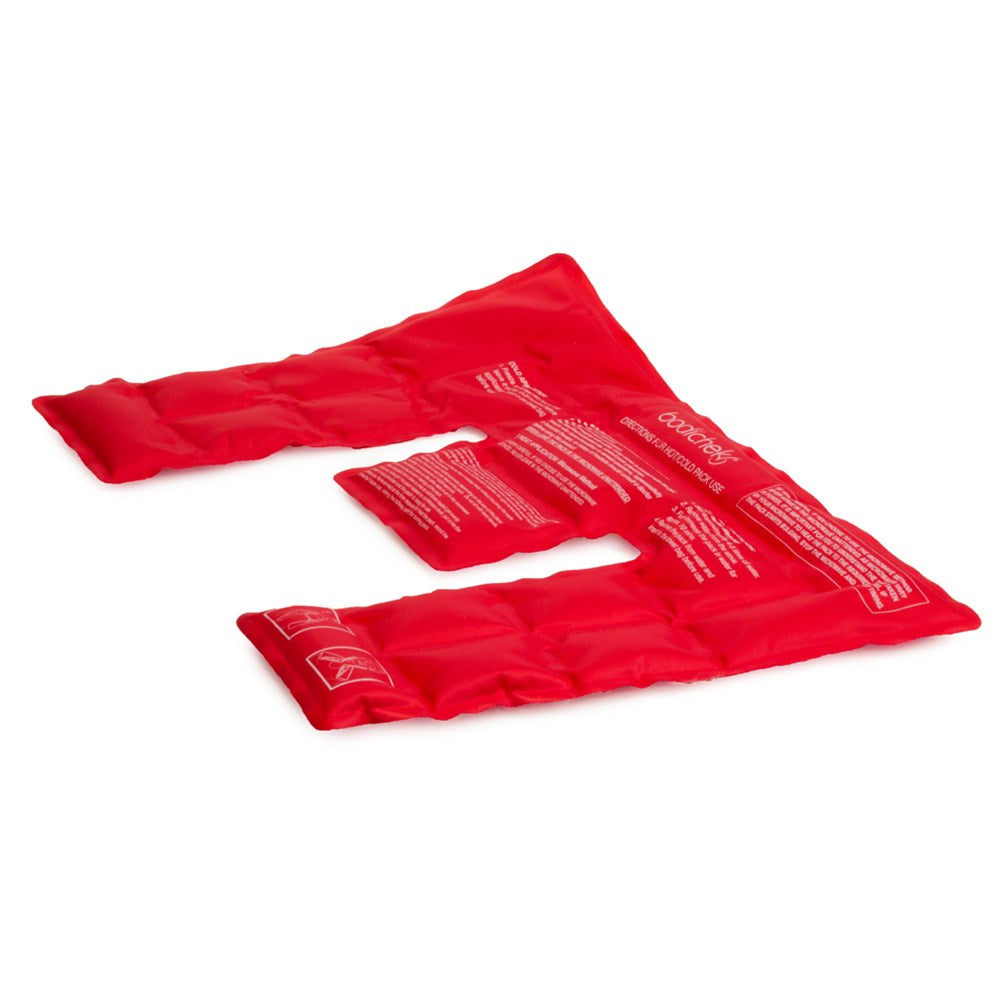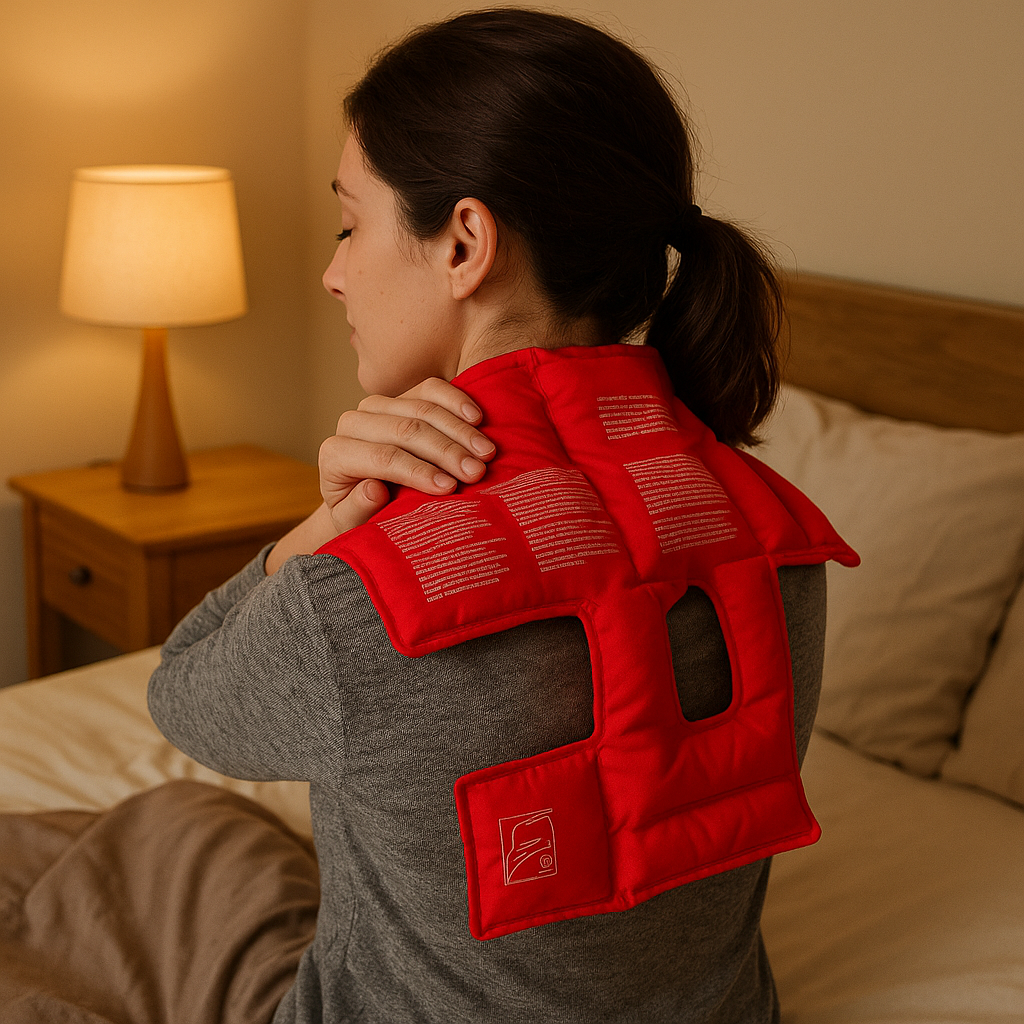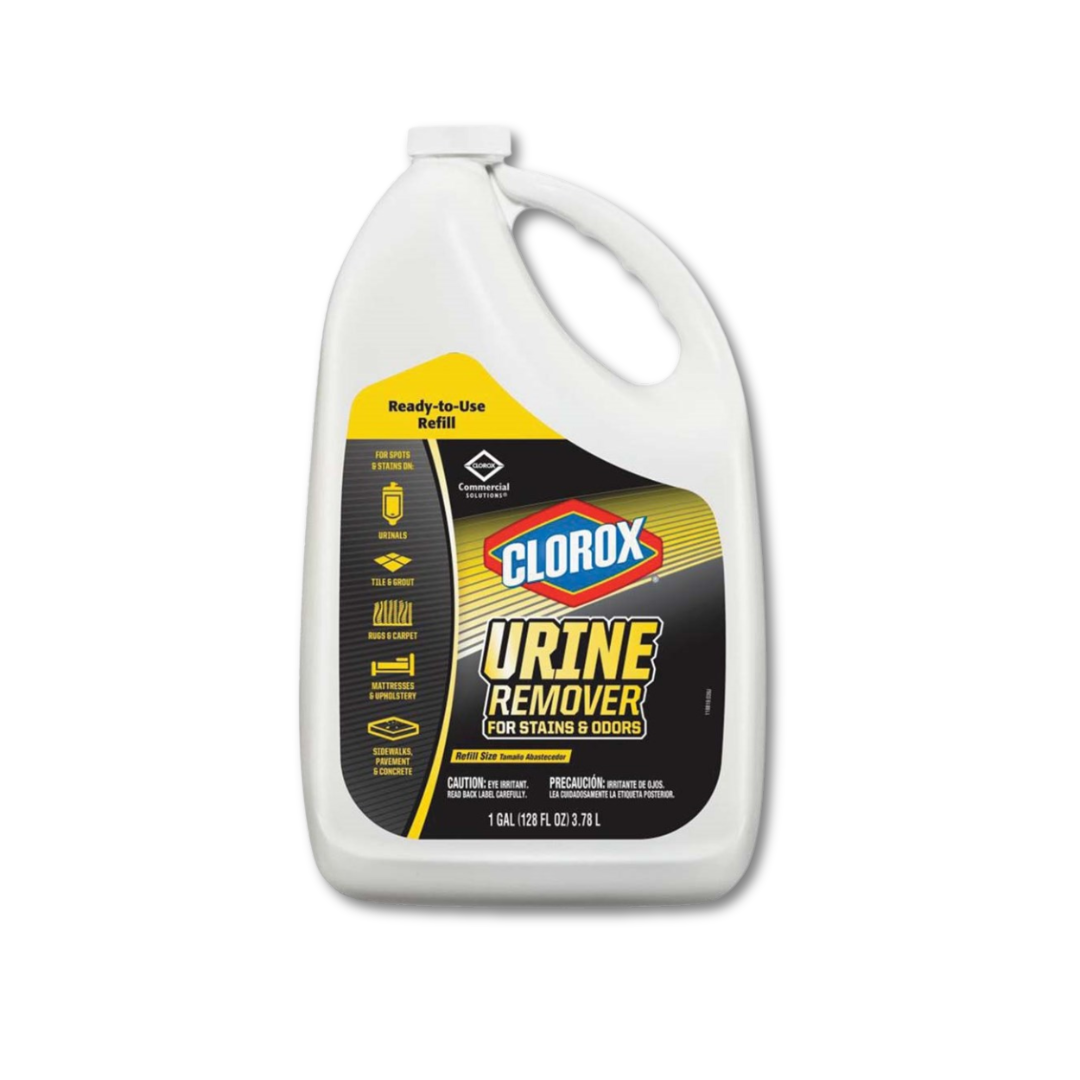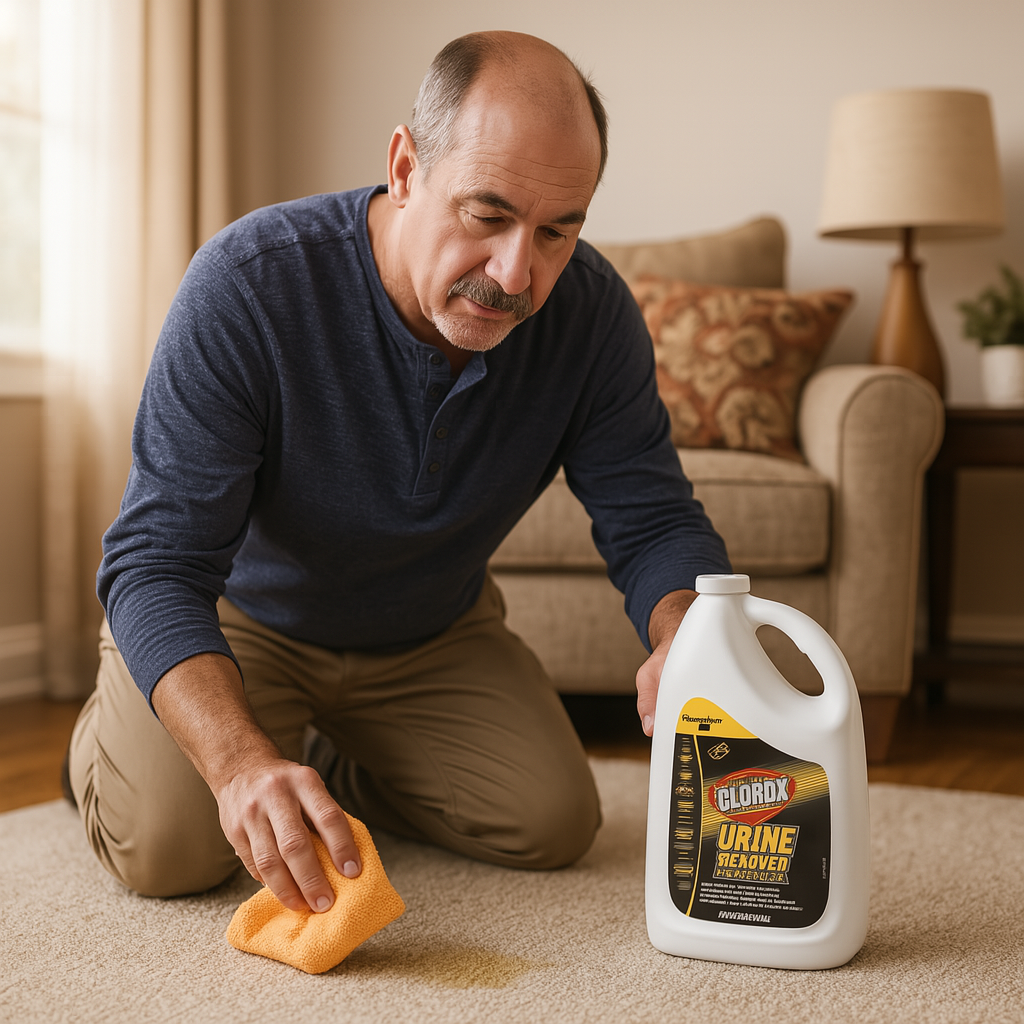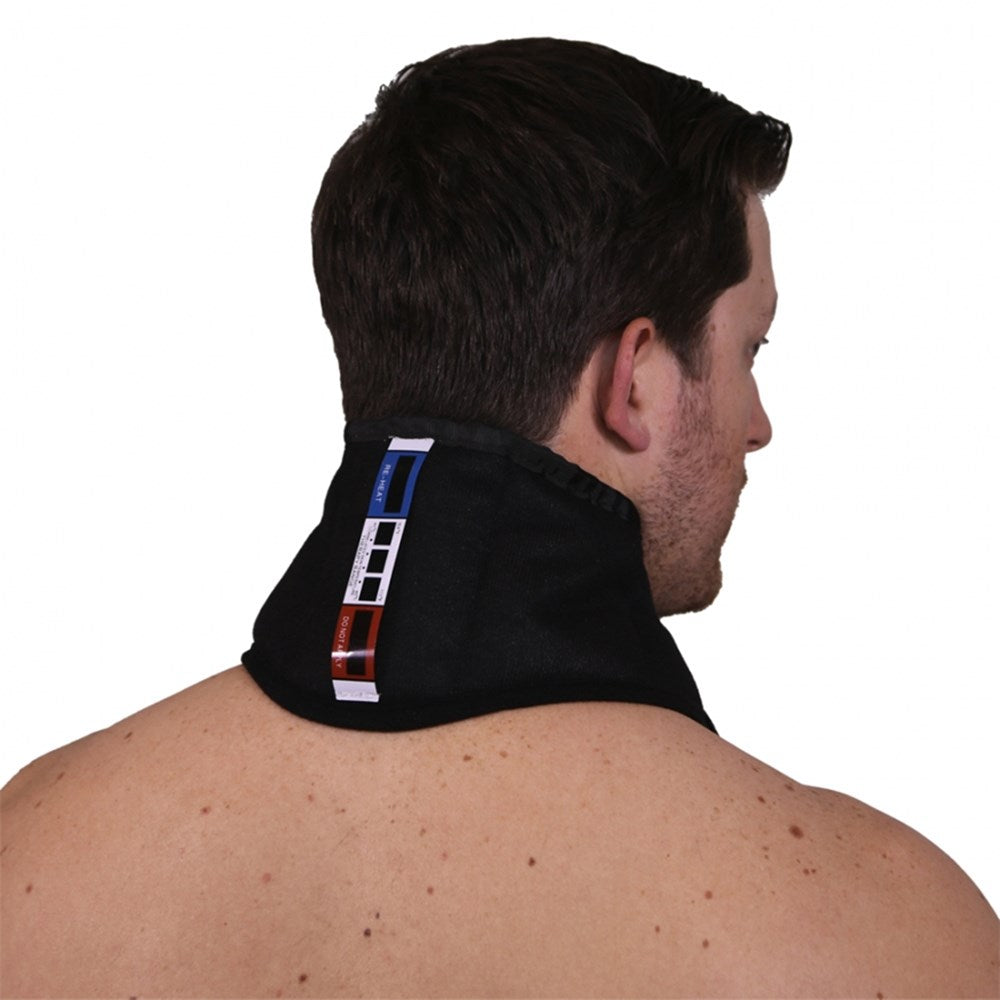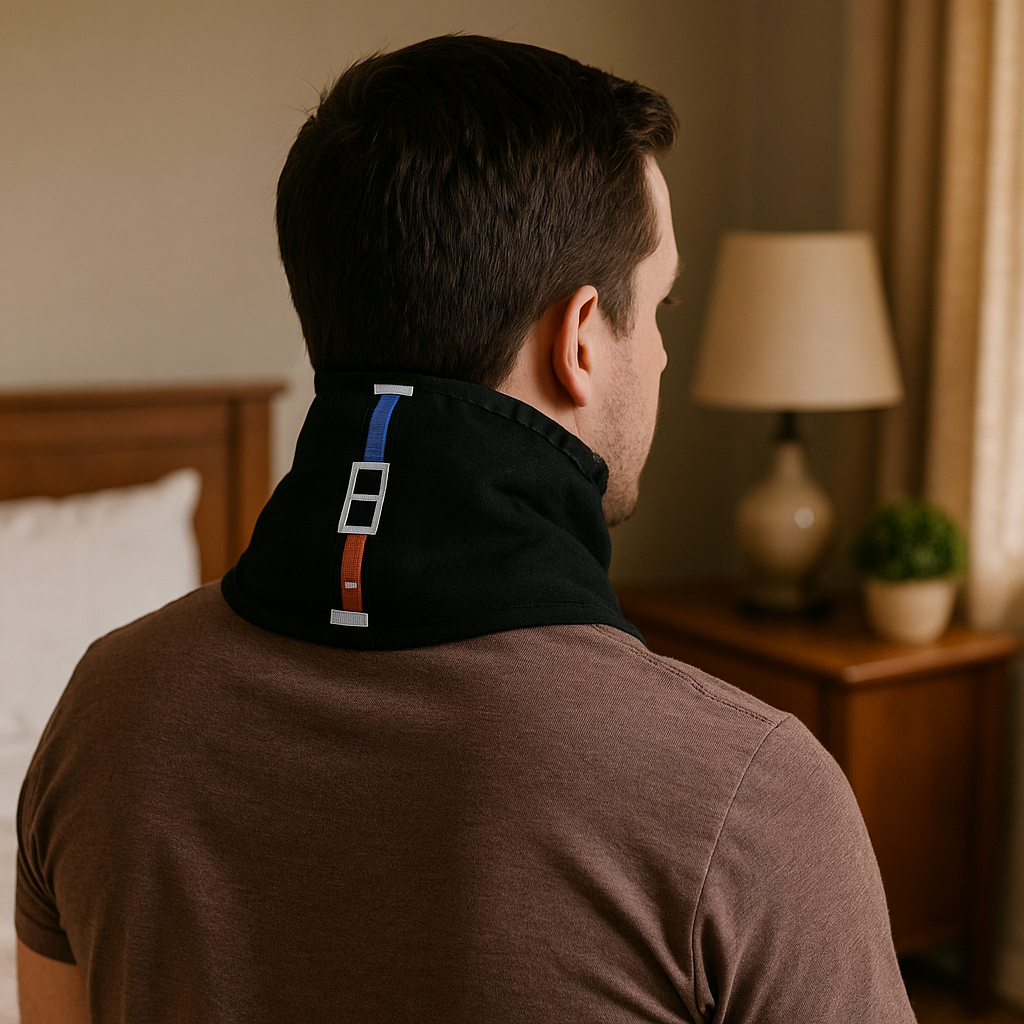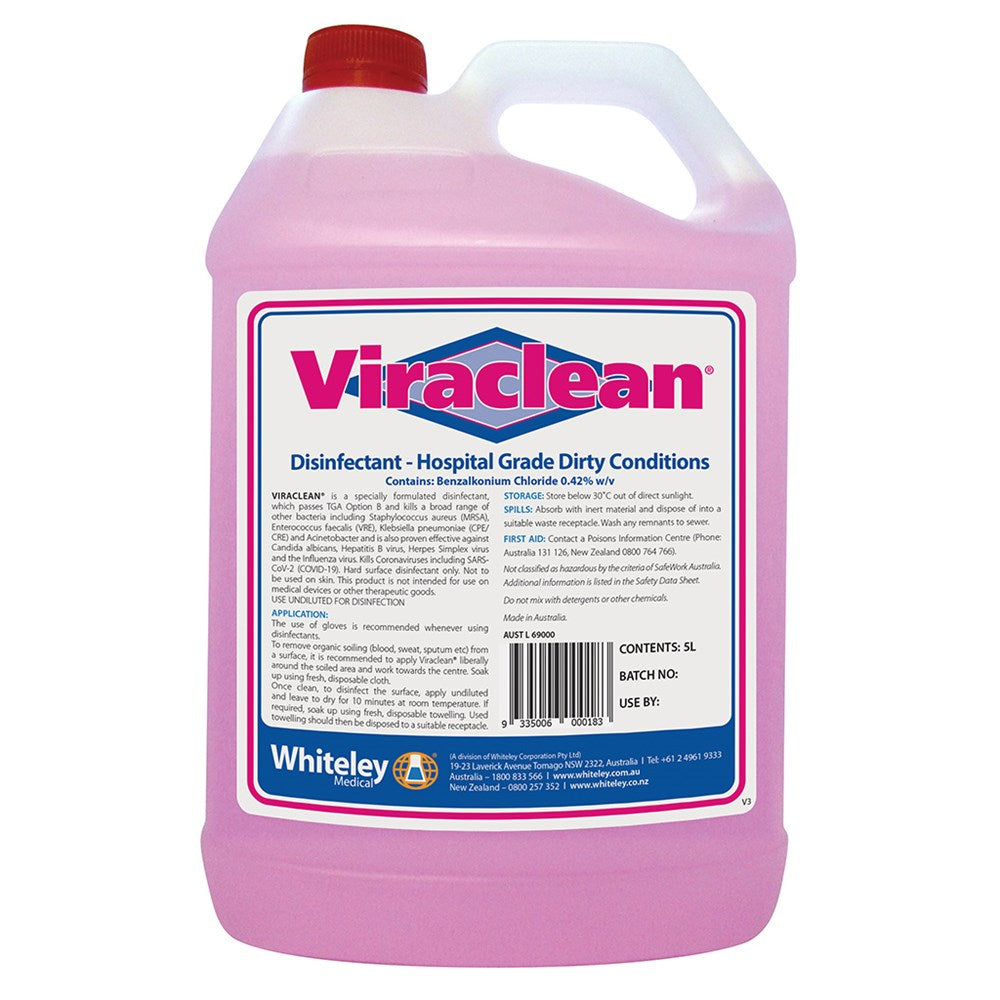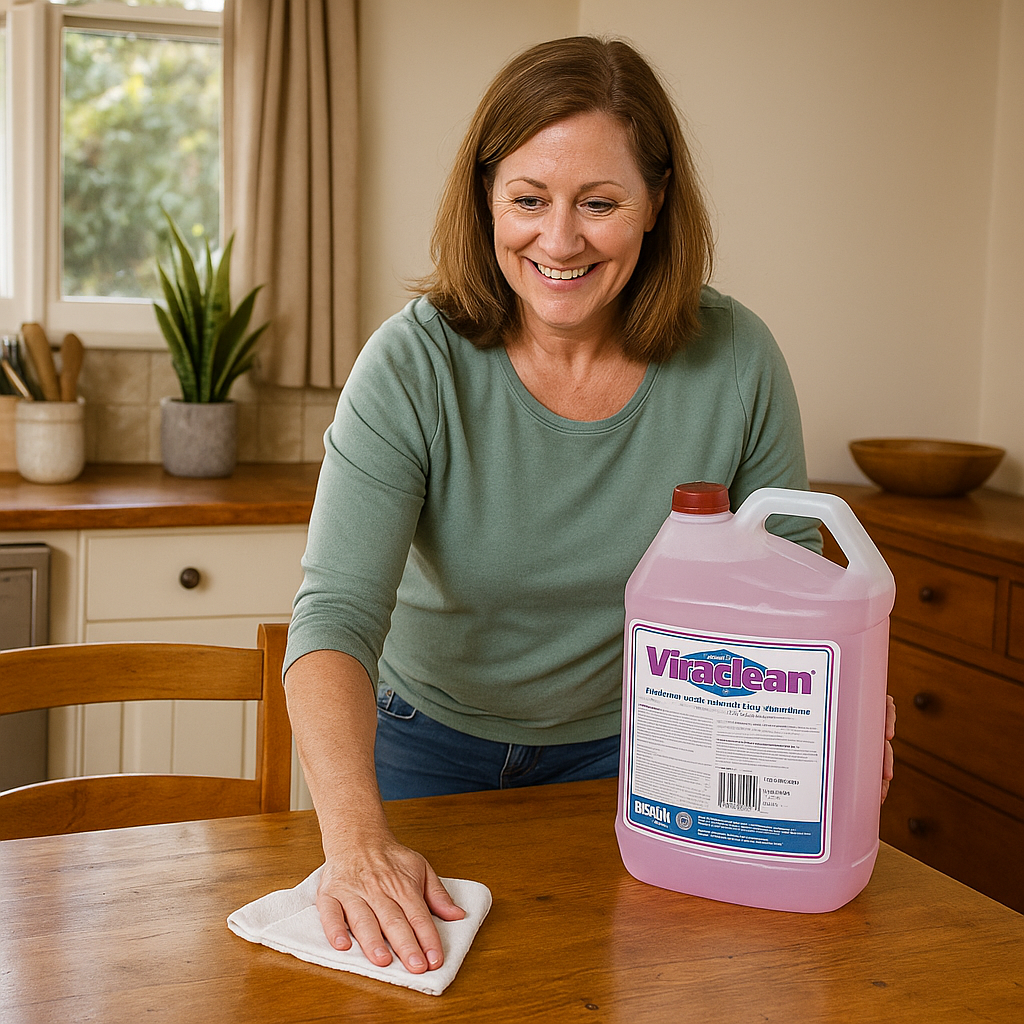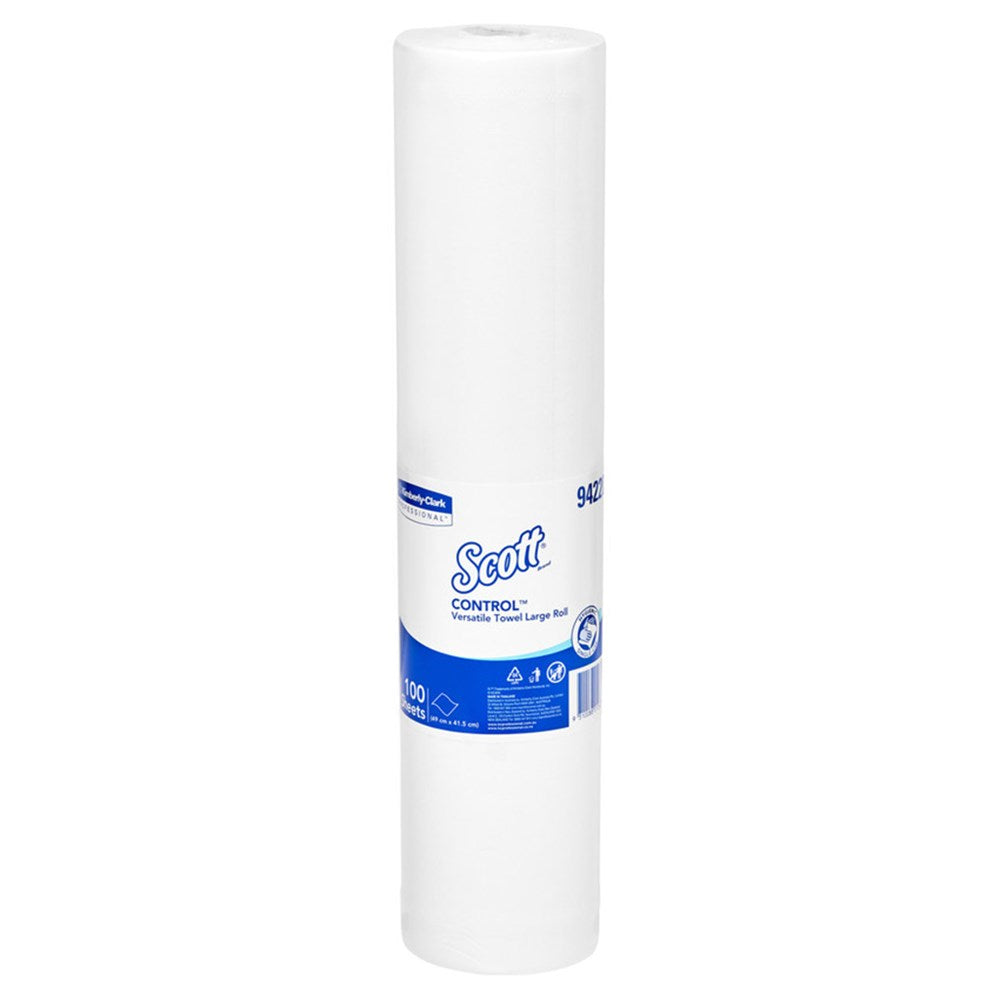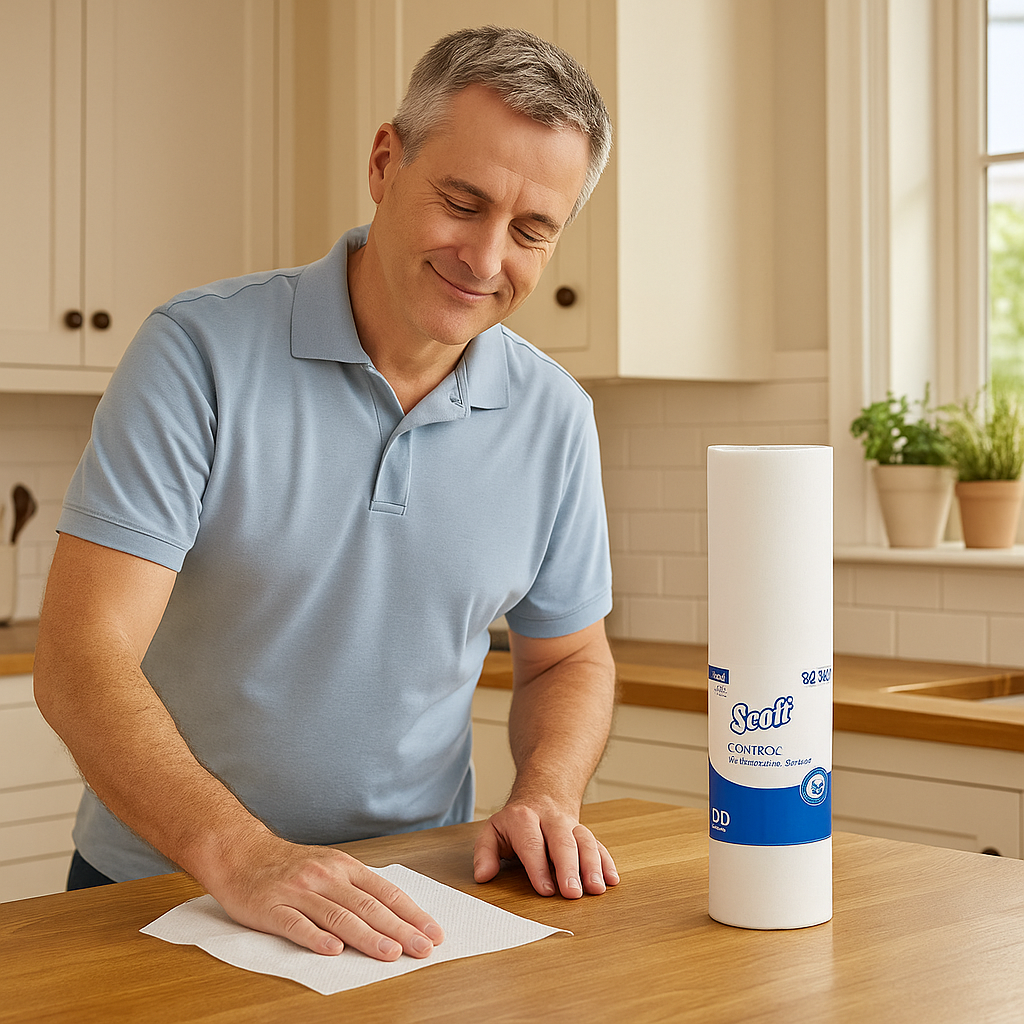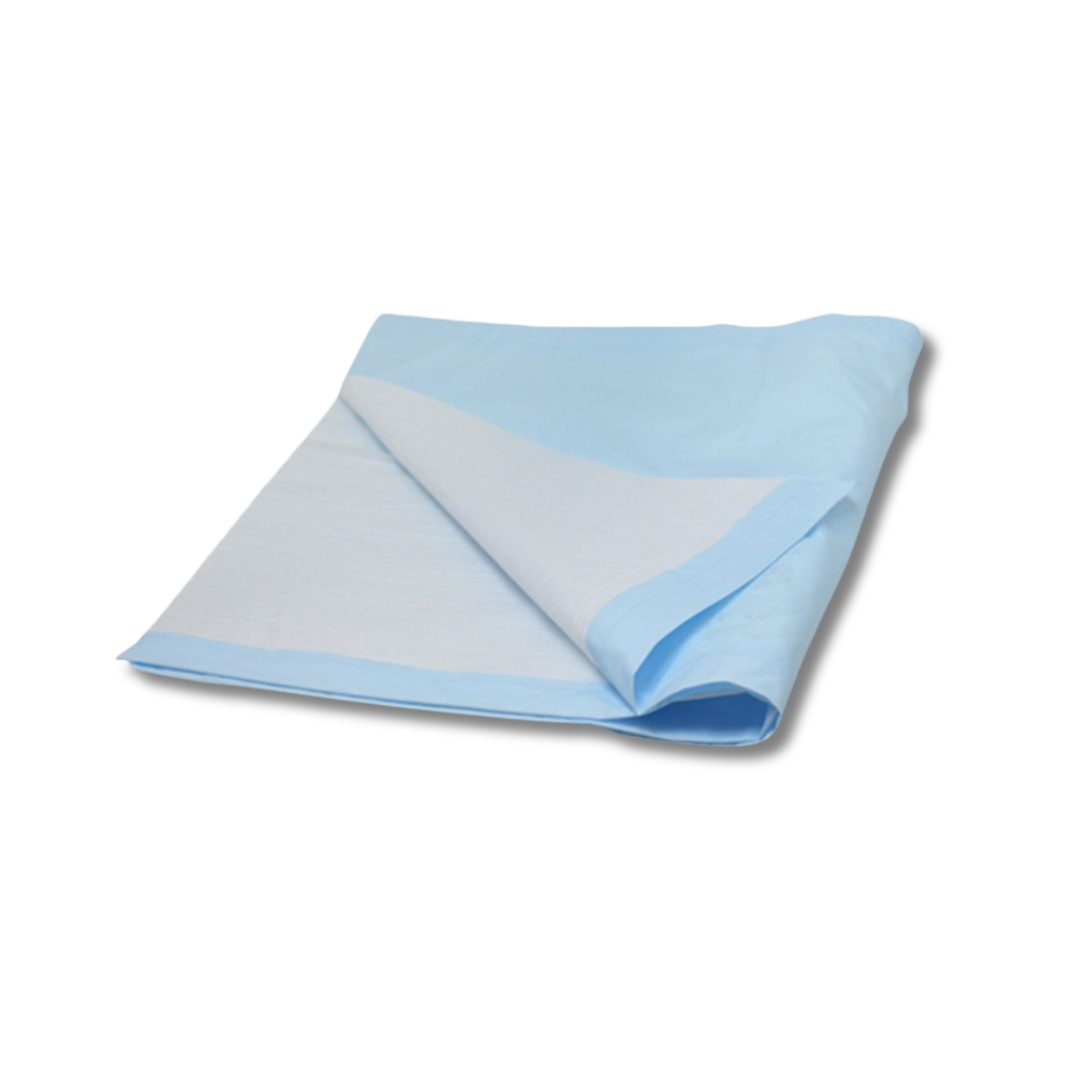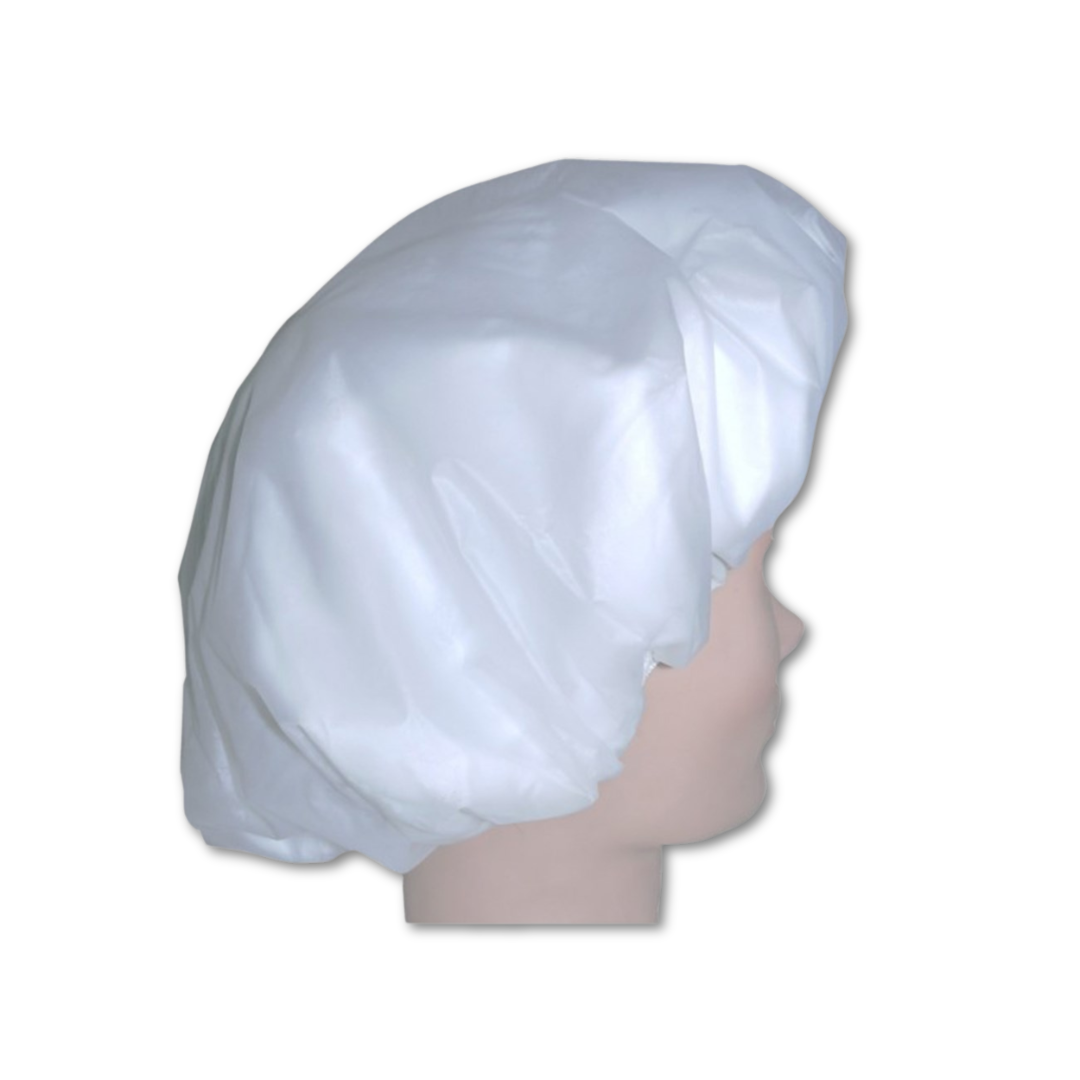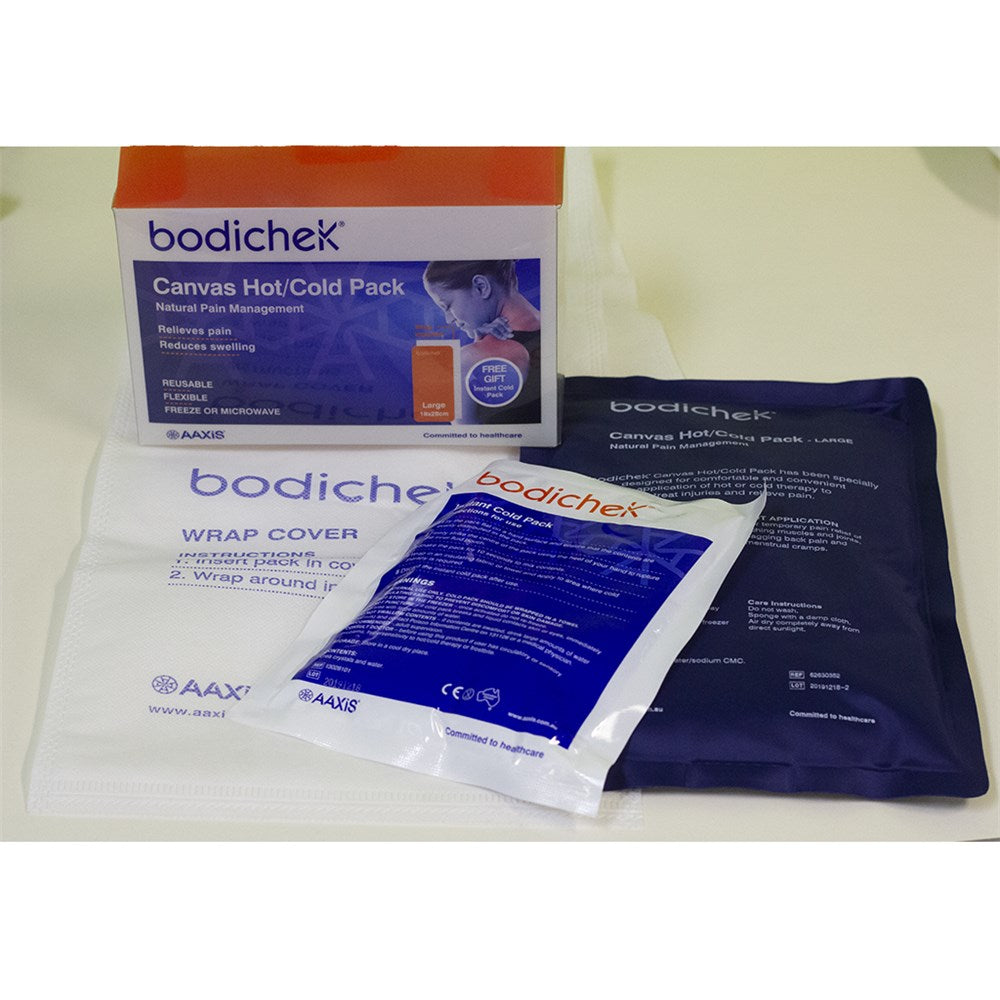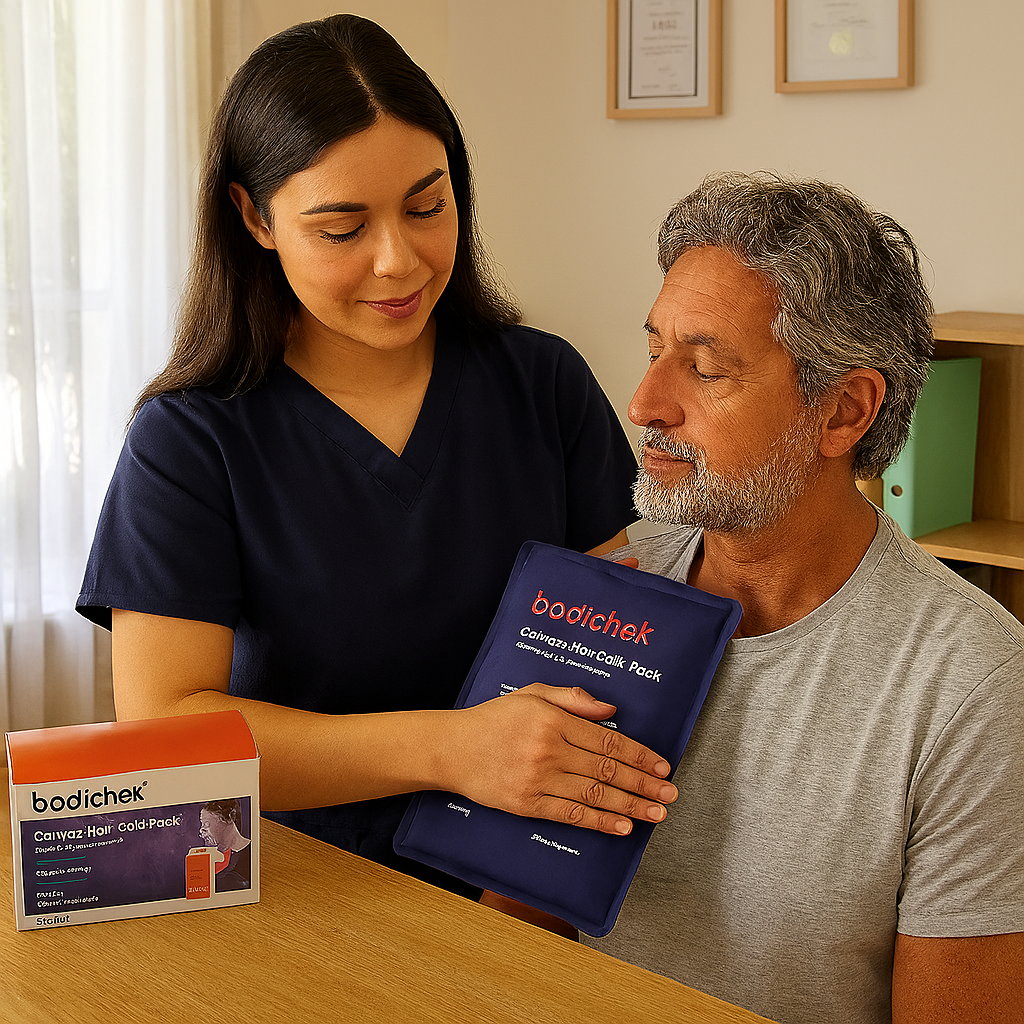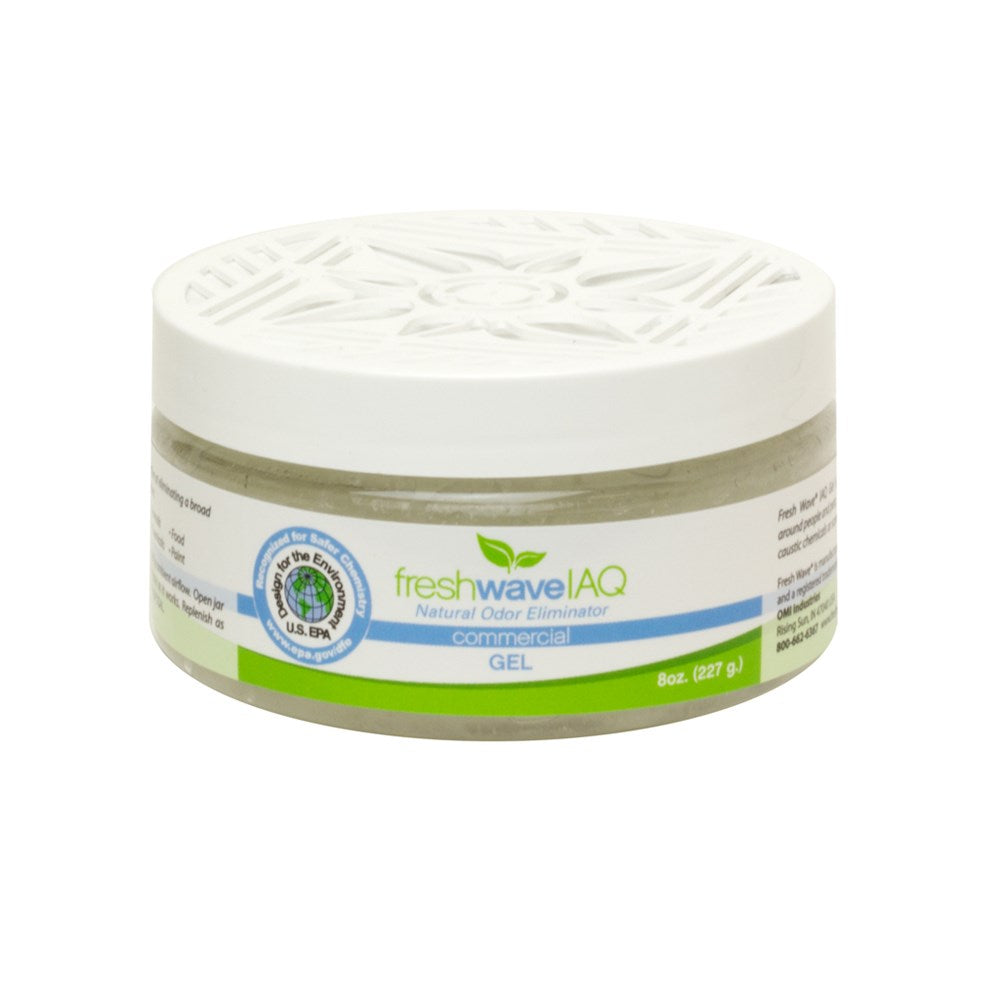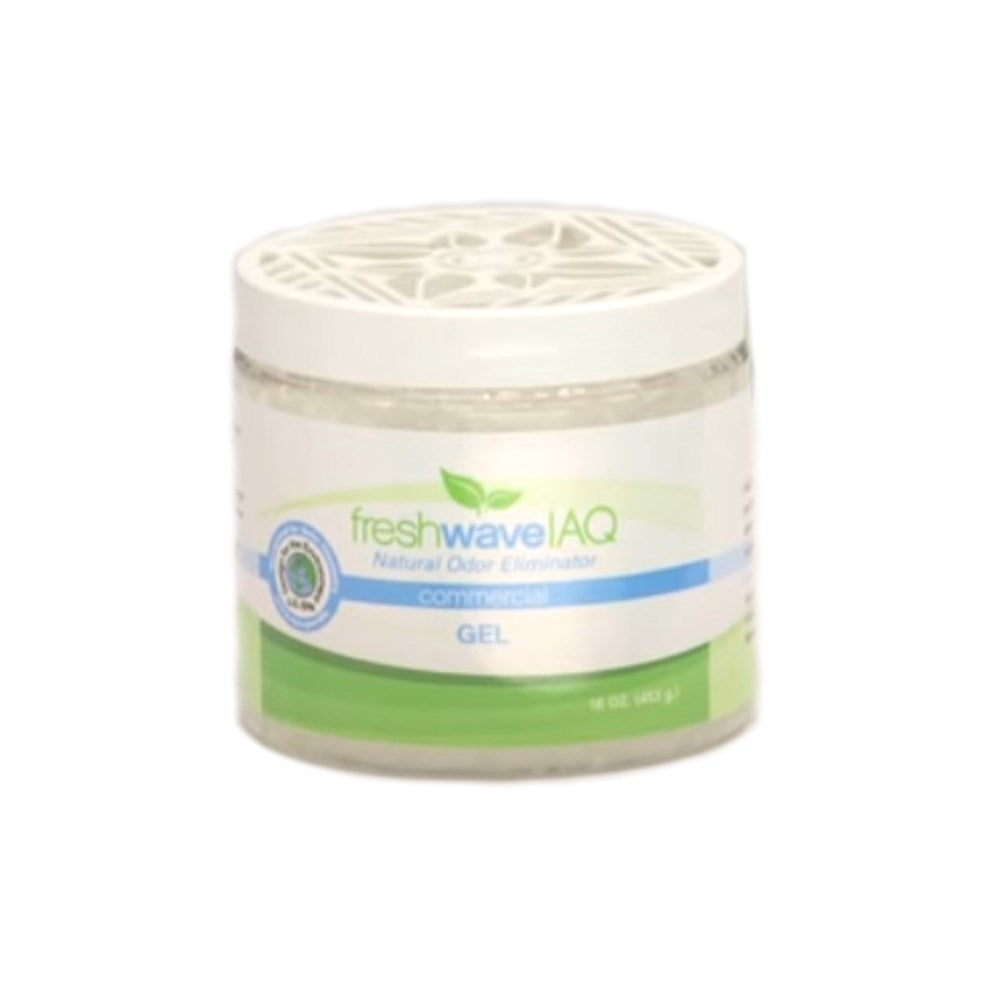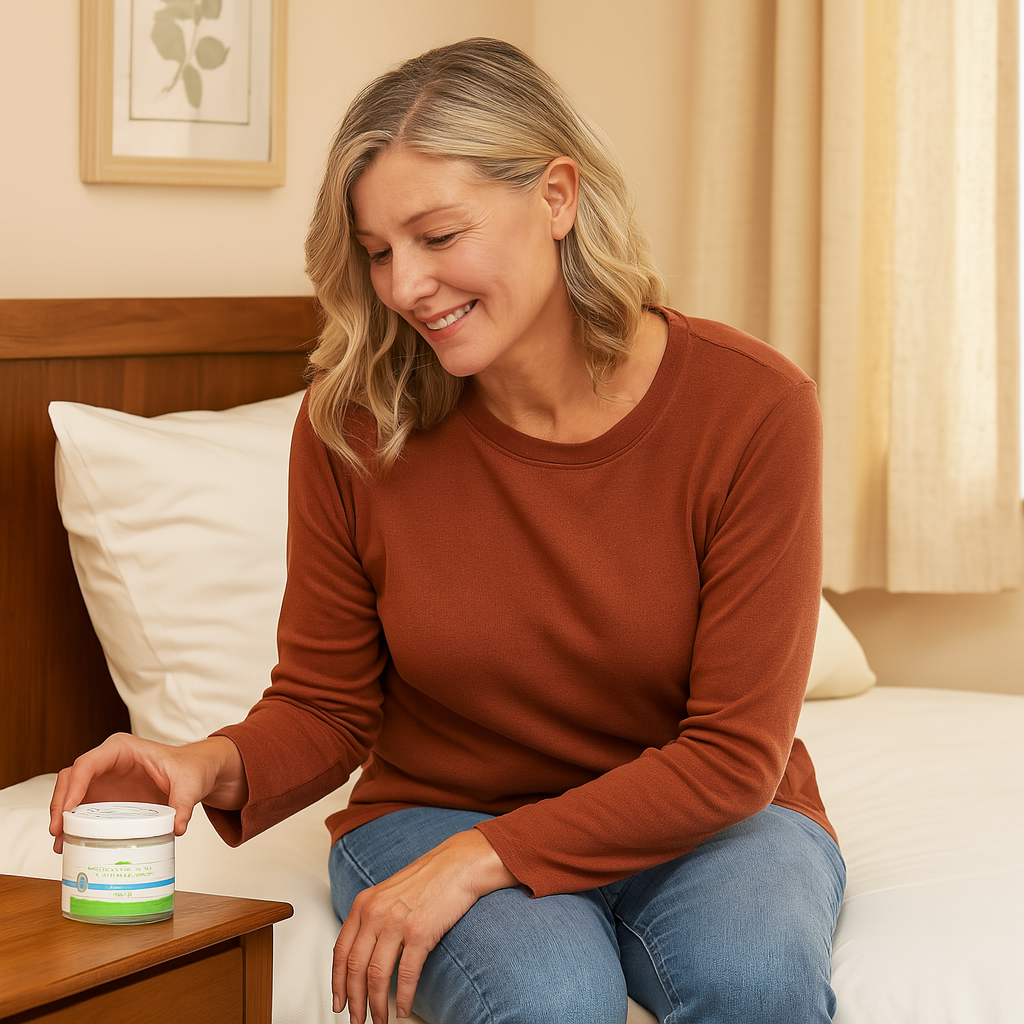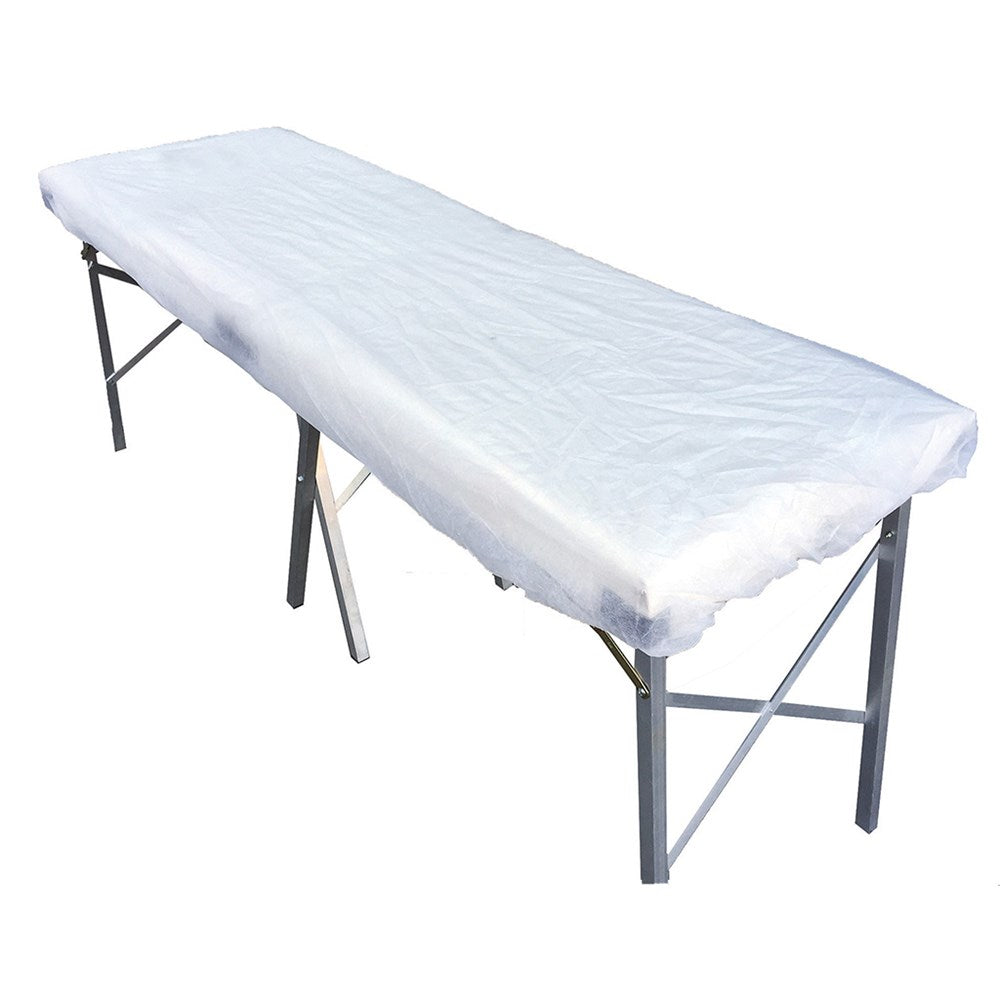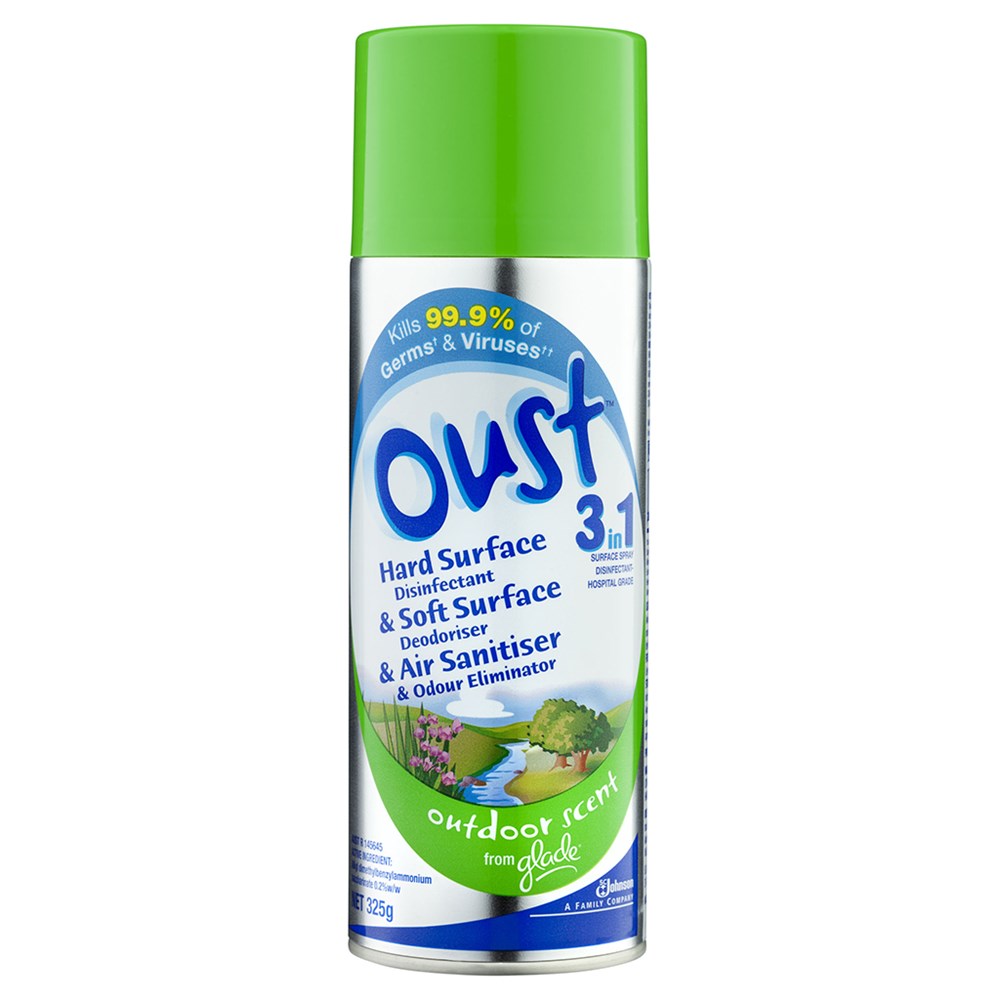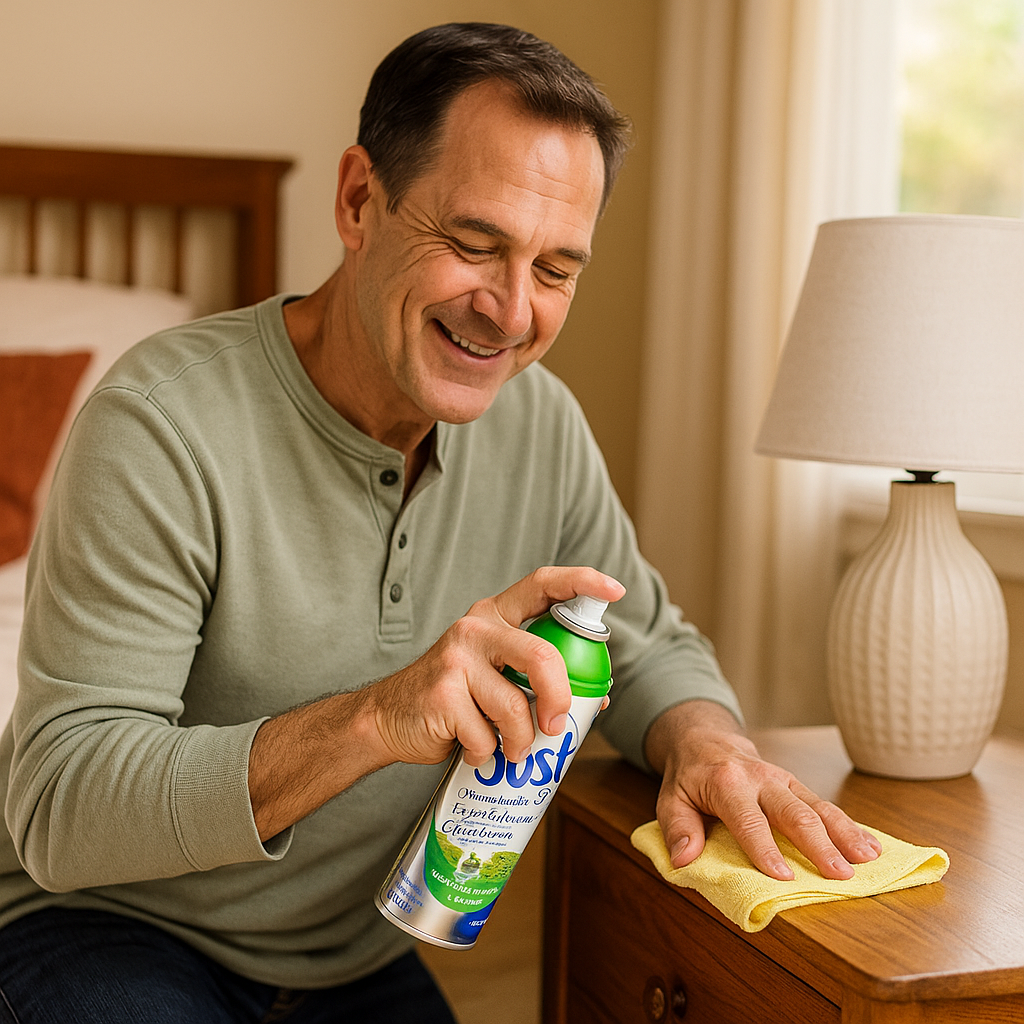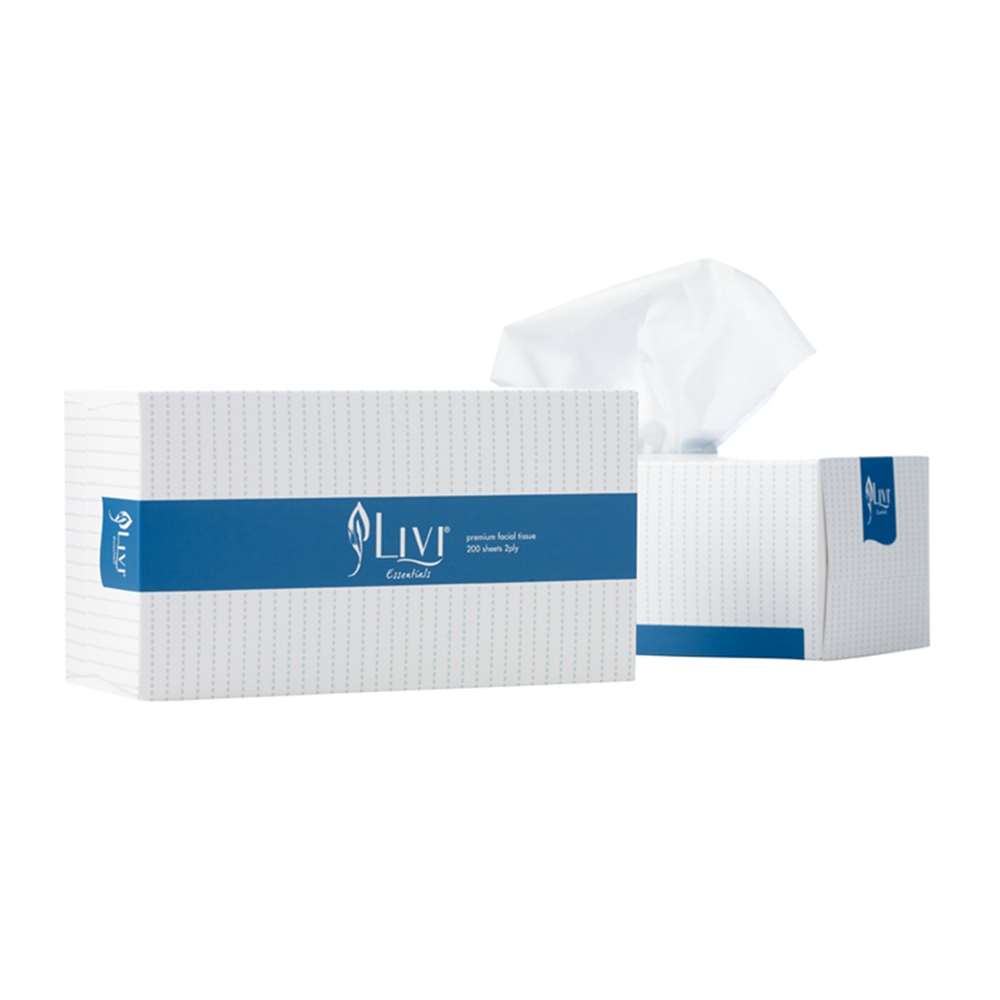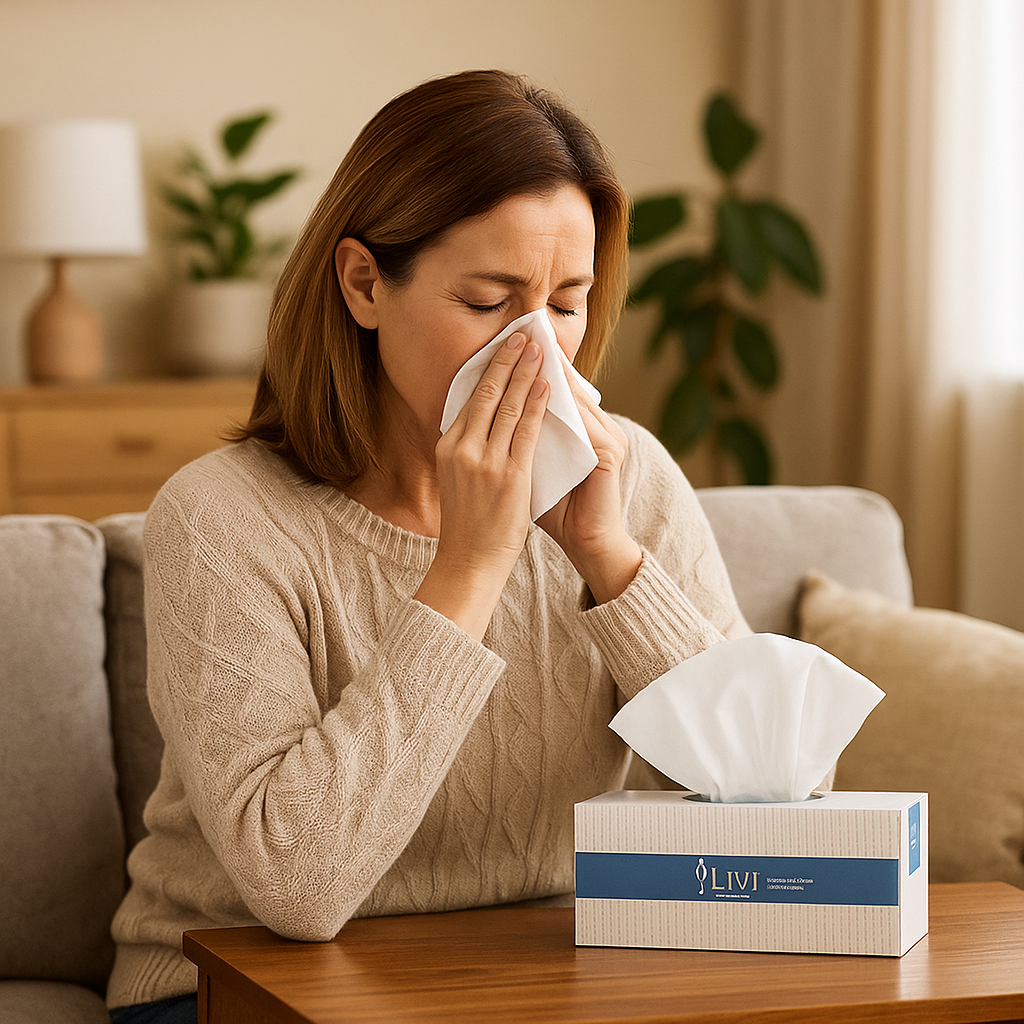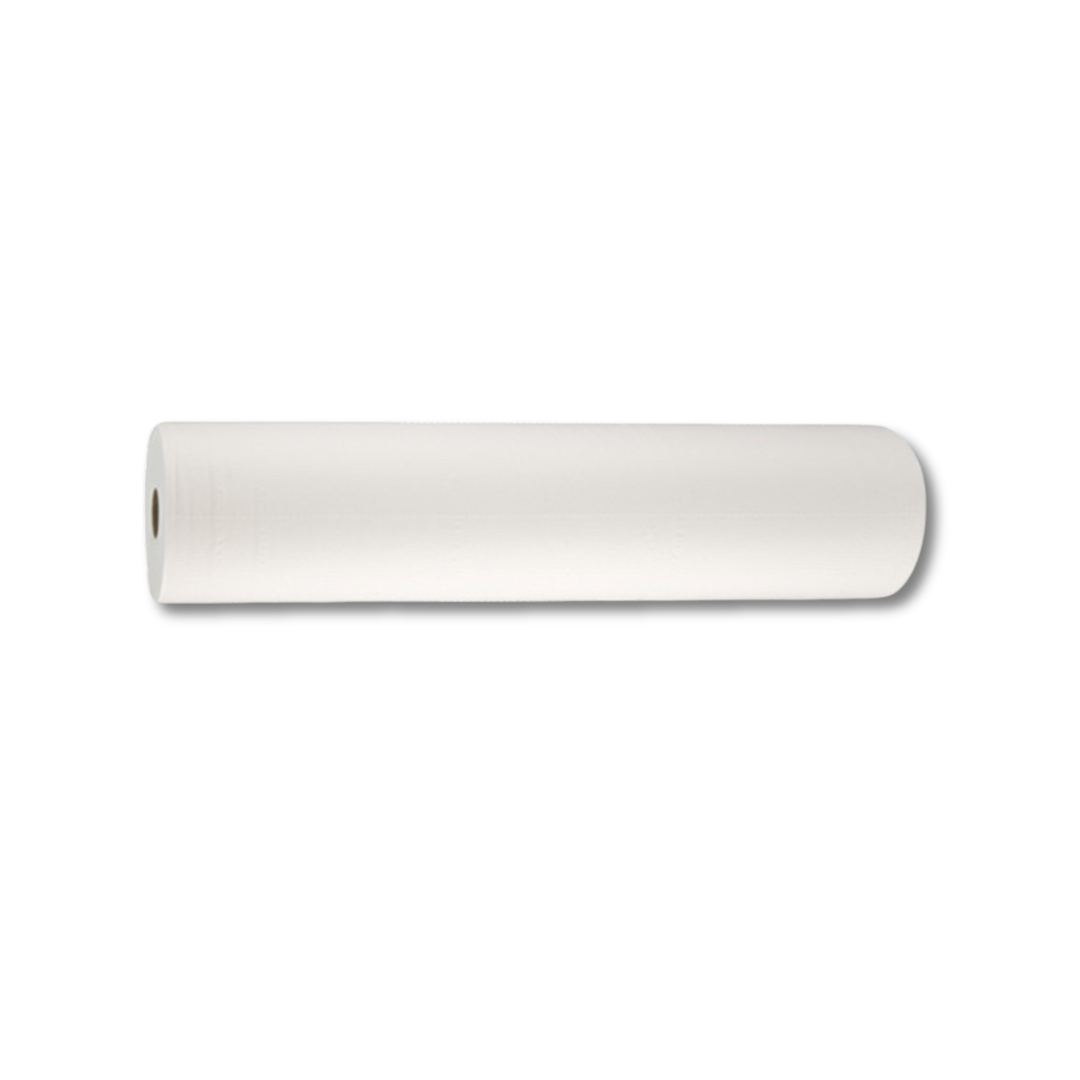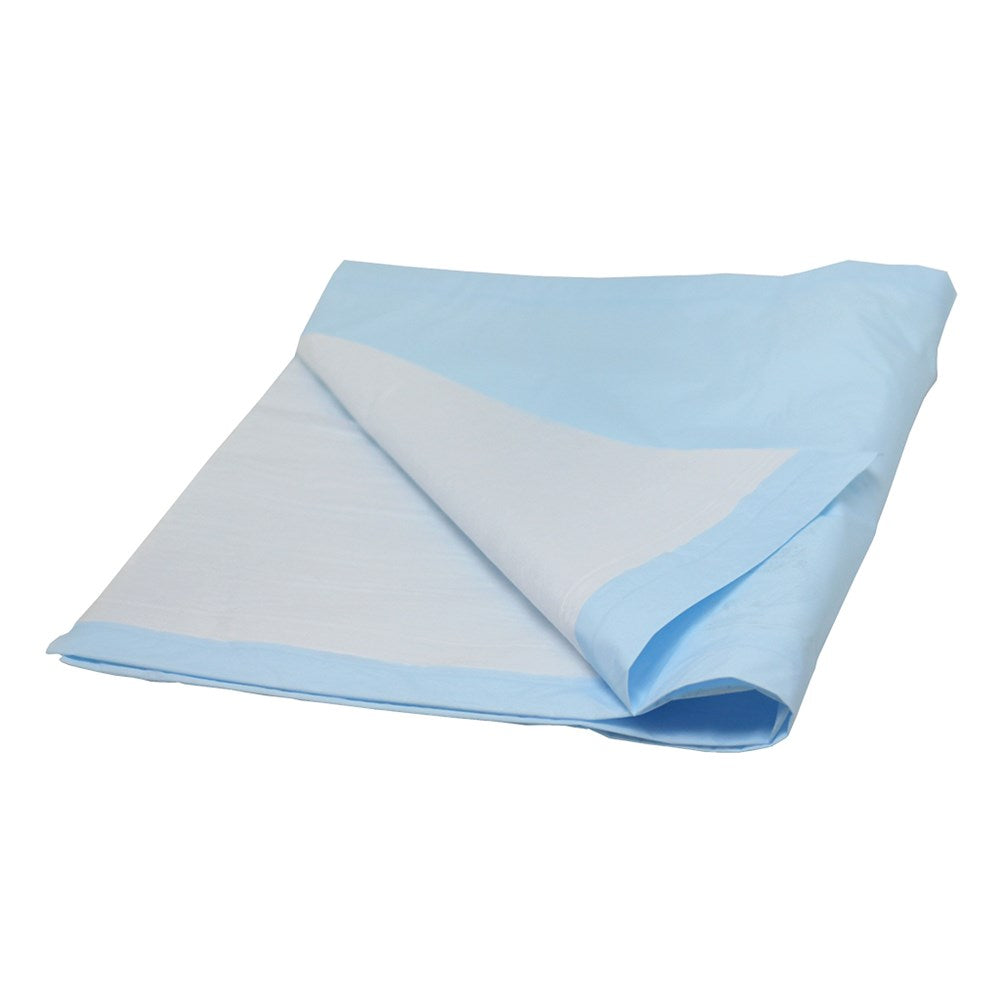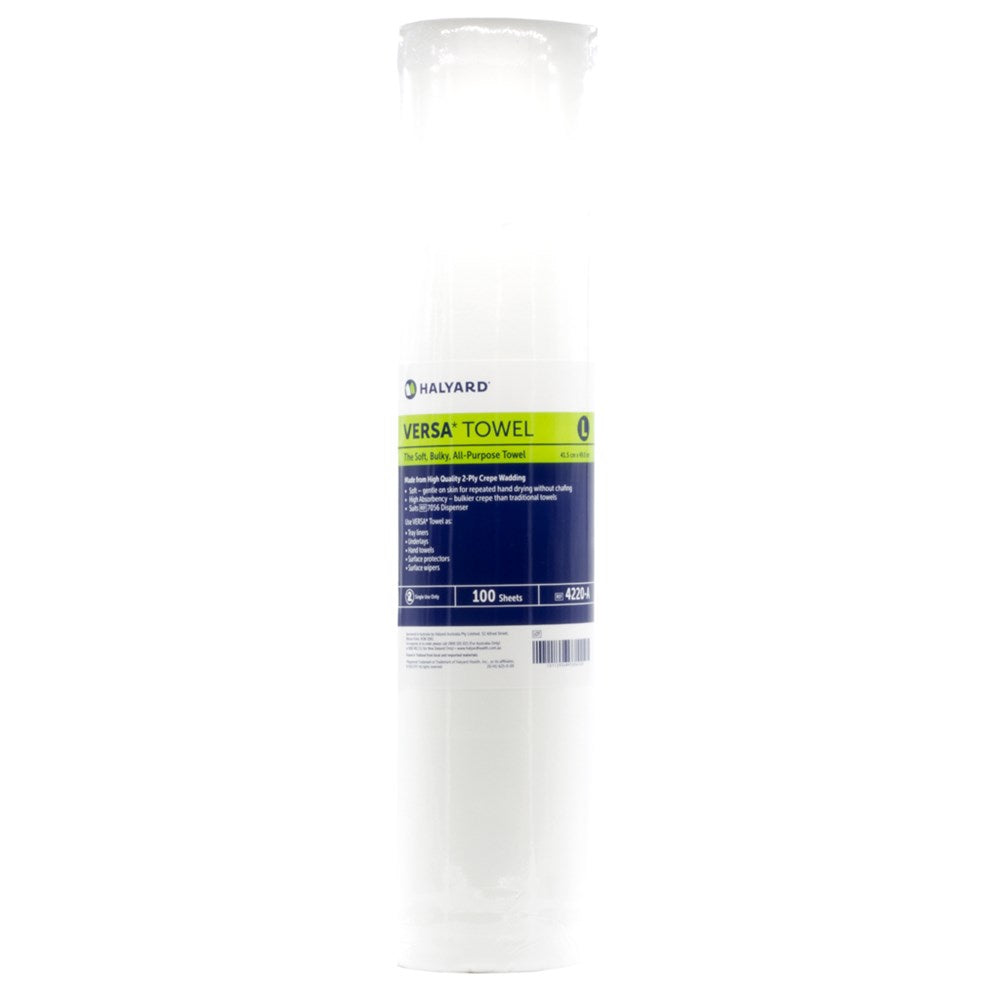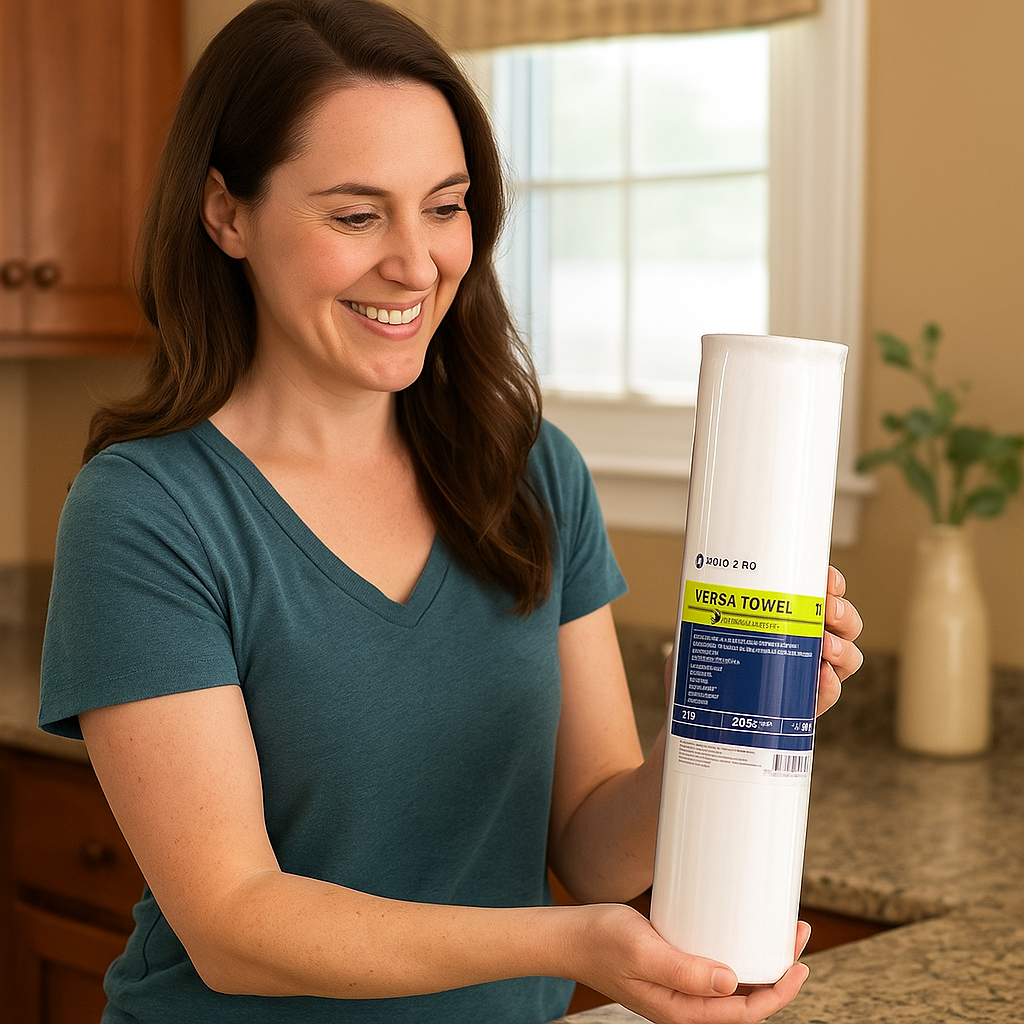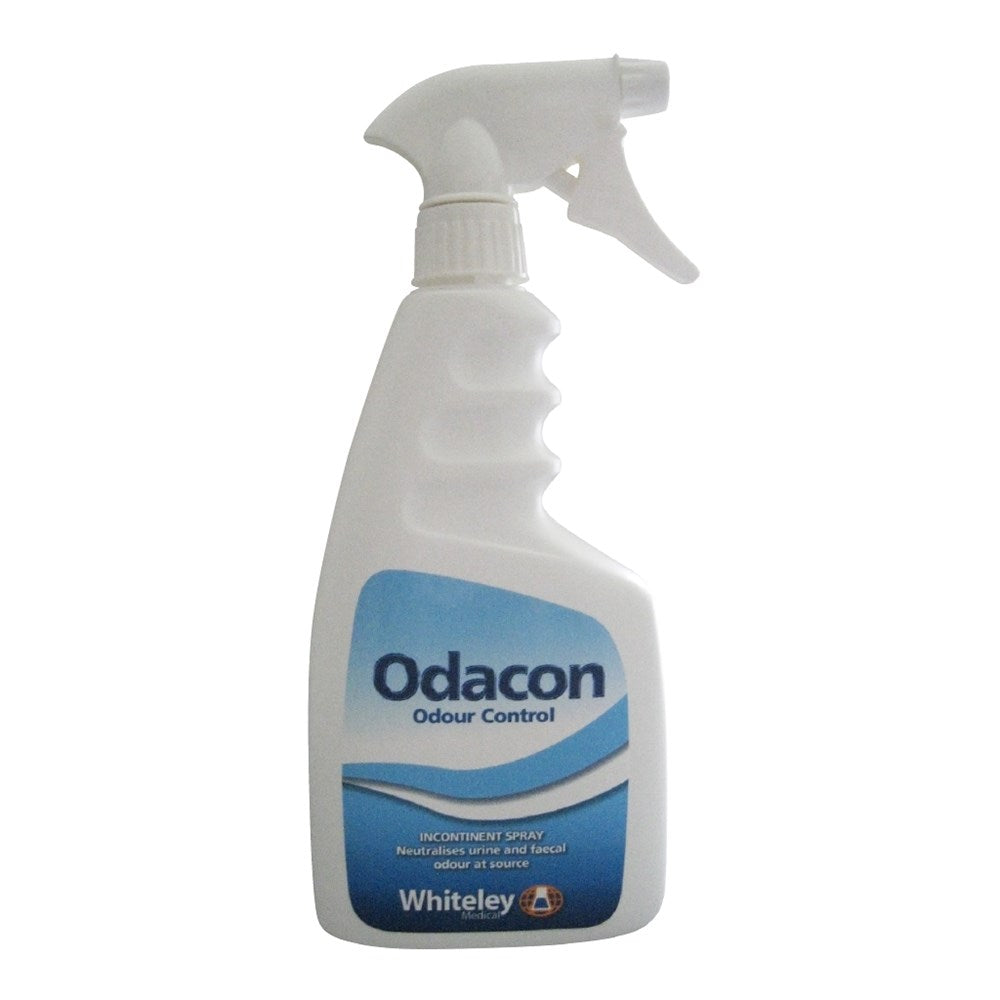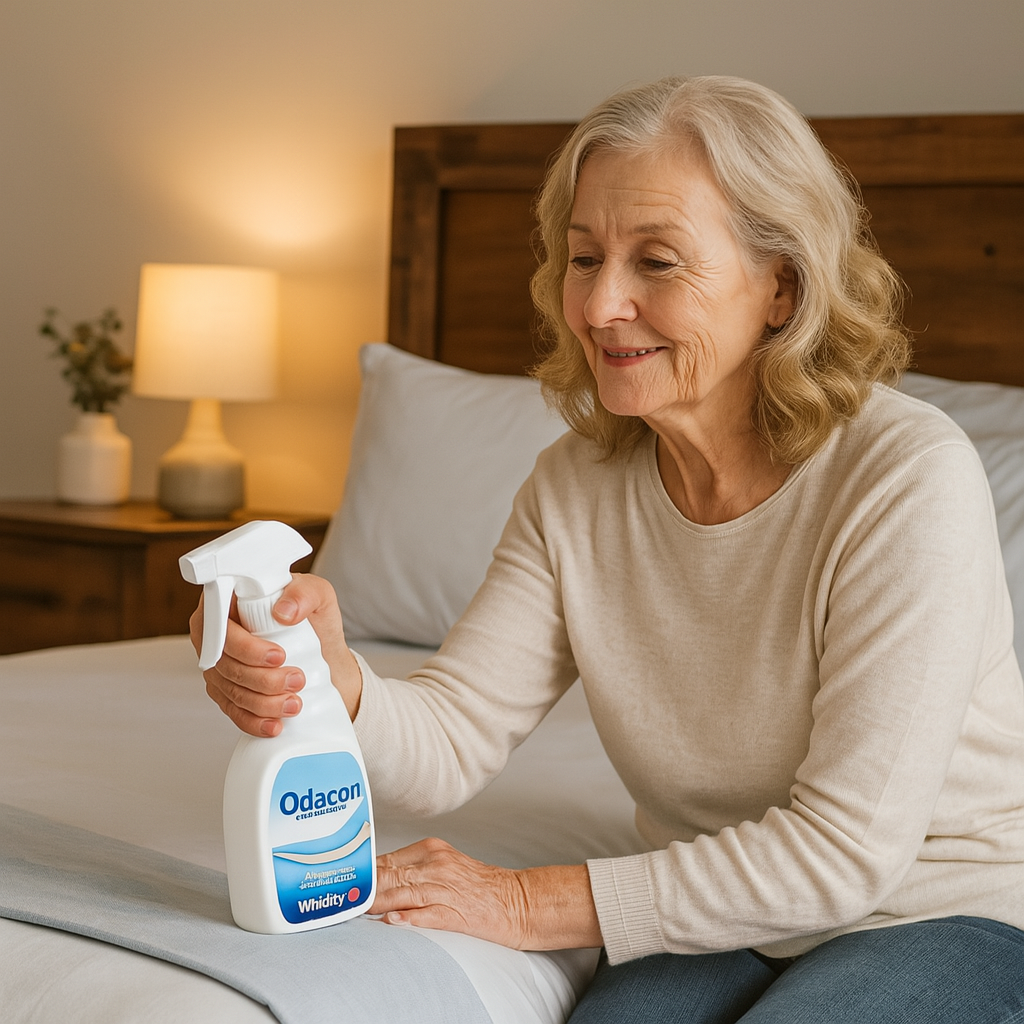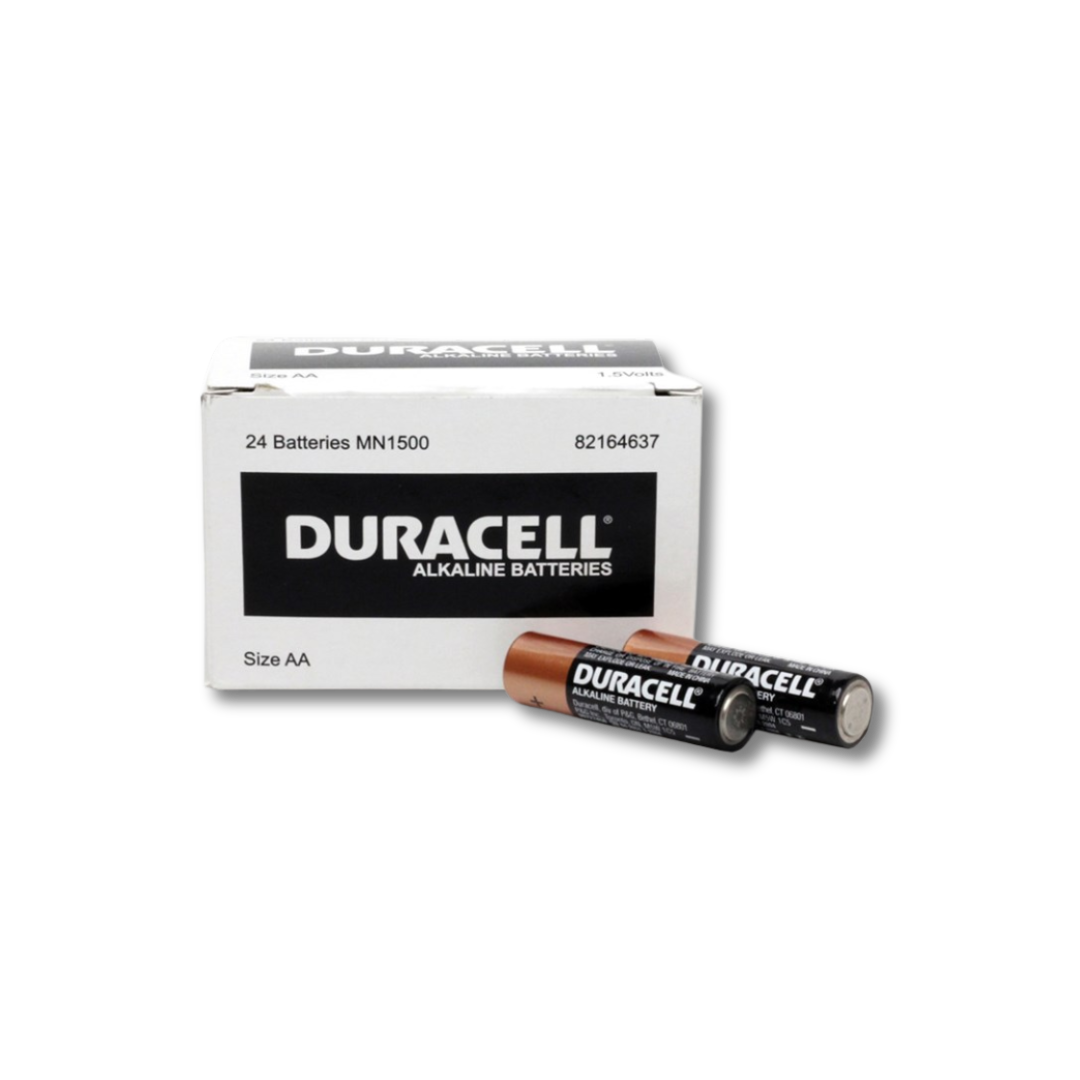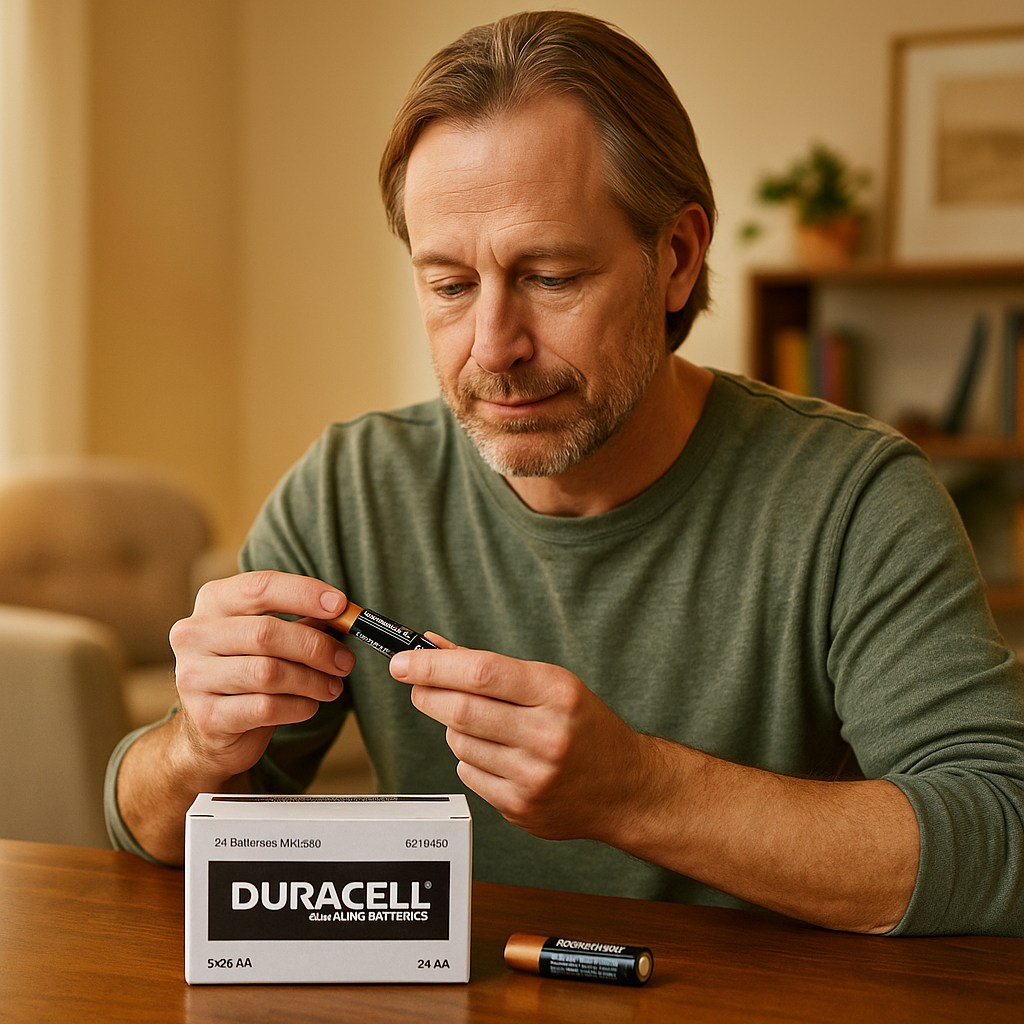Understanding Consumables for Office, NDIS & Healthcare
Explore what consumables are, how they're used in office, NDIS, and medical settings, and how to claim or source them effectively.
Summary
Consumables are everyday items that are used up regularly and need to be replenished, ranging from printer ink and bandages to continence aids and kitchen supplies. In Australia, consumables play a vital role across office administration, medical care, and disability support, including the National Disability Insurance Scheme (NDIS). This guide explains what consumables are, the various categories they fall into, and how to access or claim them for business, home care, and clinical use.
What Are Consumables? (And Why They Matter)
The term “consumables” refers to items that are used up in daily operations and must be replaced routinely. These items are typically inexpensive, essential for function, and purchased in bulk or on a scheduled basis.
Examples of consumables include:
- Office consumables: paper, toner, pens, batteries
- Medical consumables: wound dressings, gloves, syringes
- NDIS consumables: continence aids, nutritional products, PPE
- Household consumables: cleaning wipes, laundry products, tissues
According to the Australian Bureau of Statistics, consumable goods make up a significant share of national business and healthcare supply chains, representing billions of dollars in annual spend.
Understanding the categories and funding pathways for consumables helps both individuals and organisations budget more efficiently and ensure compliance particularly in NDIS and healthcare environments.
NDIS Consumables: What They Are and How to Claim Them
NDIS consumables are low-cost, low-risk support items that are used on a daily basis by people living with disability. These are classified under Core Supports in the NDIS funding system.
Examples of NDIS consumables include:
- Continence products (pads, catheters)
- Enteral nutrition (feeding tubes, formula)
- Personal protective equipment (gloves, masks)
- Assistive technology accessories (straps, grips)
- Hygiene products (disposable wipes, liners)
- Low-cost mobility supports (tub transfer mats)
NDIS participants with Core Supports funding in their plan can purchase these items without needing specific approval. However, items must meet the NDIS requirements for value, relevance, and reasonable use.
To purchase NDIS consumables, you must:
- Have a plan that includes Core Supports
- Choose a registered or unregistered provider
- Keep receipts or invoices
- Submit claims through the NDIS MyPlace portal (if self-managed) or through your plan manager
The NDIS Price Guide outlines capped prices and eligibility details, which are updated quarterly.
Consumables in Healthcare and Hospitals
In clinical environments, medical consumables play a critical role in patient care, infection control, and emergency response.
Examples include:
- Syringes, cannulas, bandages
- Saline solution, specimen bags
- PPE (gowns, gloves, face shields)
- Surgical instruments (single-use items)
In hospitals, consumables must comply with Therapeutic Goods Administration (TGA) safety and sterility standards. Items are typically procured through public health tenders or hospital buying groups.
According to Healthcare Purchasing News, consumables account for up to 40% of hospital supply budgets and are directly linked to clinical performance and patient outcomes.
How to Claim NDIS Consumables Easily
Claiming consumables NDIS can be done in three ways, depending on how your NDIS plan is managed:
-
1. Self-Managed
- Buy items using your own funds
- Upload receipts to MyPlace
- Receive reimbursement from NDIS
-
2. Plan-Managed
- Send invoice to your plan manager
- Plan manager pays the provider
- No upfront payment required from you
-
3. NDIA-Managed
- Only NDIS-registered providers can be used
- Claims are processed directly through the provider
Keep a record of every purchase and make sure the items are linked to your disability support needs. Some items, like hospital-grade consumables, may require a letter of support from an allied health professional.
Featured Products
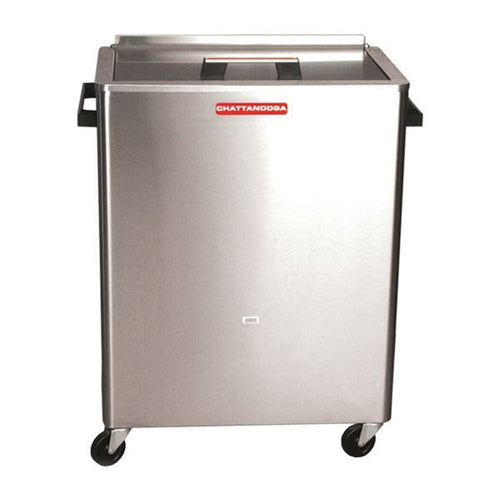
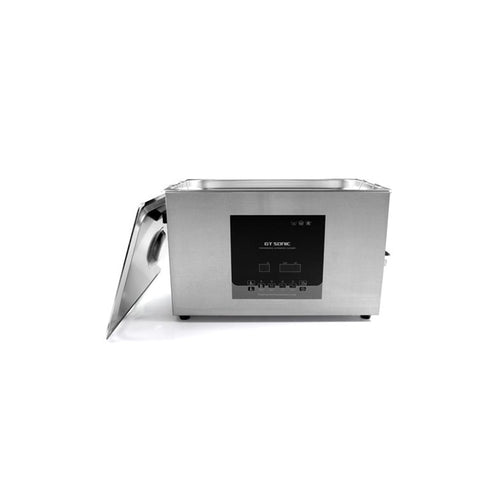
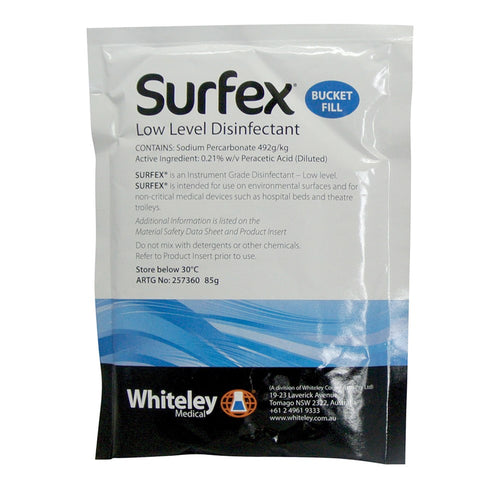
Office Consumables: Essential Items for Workplace Functionality
Office consumables are vital to day-to-day operations in any workplace. Whether in administration, education, health, or government, these products ensure employees can carry out tasks efficiently and safely.
Most common office consumables include:
- Printer paper and ink cartridges
- Post-it notes, pens, staples
- Coffee pods, disposable cutlery
- Sanitisers, masks, gloves (post-COVID additions)
With a search volume of over 5,400 monthly queries in Australia, office consumables remain a key focus for procurement officers, business managers, and facilities coordinators looking to optimise supply chain efficiency.
Best practices when sourcing office consumables:
- Buy in bulk from reliable suppliers
- Create a monthly ordering checklist
- Track usage patterns to reduce waste
- Choose eco-friendly or recyclable products when possible
If your business purchases consumables regularly, consider engaging a managed services provider to streamline procurement and invoicing.
What Can You Buy with NDIS Consumables Funding?
The most asked question in the related keyword pool—what can I buy with NDIS consumables—has several valid answers depending on your condition and needs.
Common categories eligible under NDIS consumables:
- Personal hygiene (pads, wipes, toilet seat liners)
- Mobility-related tools (trolley bags, adaptive grips)
- Feeding aids (modified cutlery, spill-proof cups)
- Protective items (compression garments, gloves)
- Low-risk assistive technology (tablet holders, styluses)
Always check with your plan manager or the NDIS Assistive Technology Guide before purchasing items to confirm eligibility and avoid out-of-pocket expenses.
If unsure, start with products listed under the NDIS Consumables catalogue from reputable providers like Independence Australia, BrightSky, or Aidacare.
Why Definitions Matter: Consumables vs Equipment
One of the most searched terms is consumables meaning, especially among new NDIS participants and plan nominees. The key difference is:
- Consumables: Used up regularly and replaced often (e.g., gloves, pads)
- Assistive Equipment: Lasts for months or years and often requires repair (e.g., wheelchair, walker)
Knowing this distinction is critical when submitting a claim or understanding what your plan can cover. For example, a feeding cup may be a consumable, but a custom electric feeding device would be assistive technology.
Conclusion
Whether for home care, business operations, or disability support, consumables are indispensable. From office consumables to NDIS consumables, these items keep things running smoothly, safely, and hygienically.
Understanding the types of consumables available, how to claim them, and how they differ from other categories empowers both individuals and organisations to manage resources more effectively.
As demand continues to grow—especially in healthcare and disability sectors—being informed about consumables meaning, sourcing, and eligibility ensures you get the support you need, when you need it.
Need everyday essentials covered under your plan?
Explore our wide selection of approved consumables today. From personal care to adaptive supports, we help you shop smarter, faster.
📞 Call 1300 615 193 or order online at our website.


